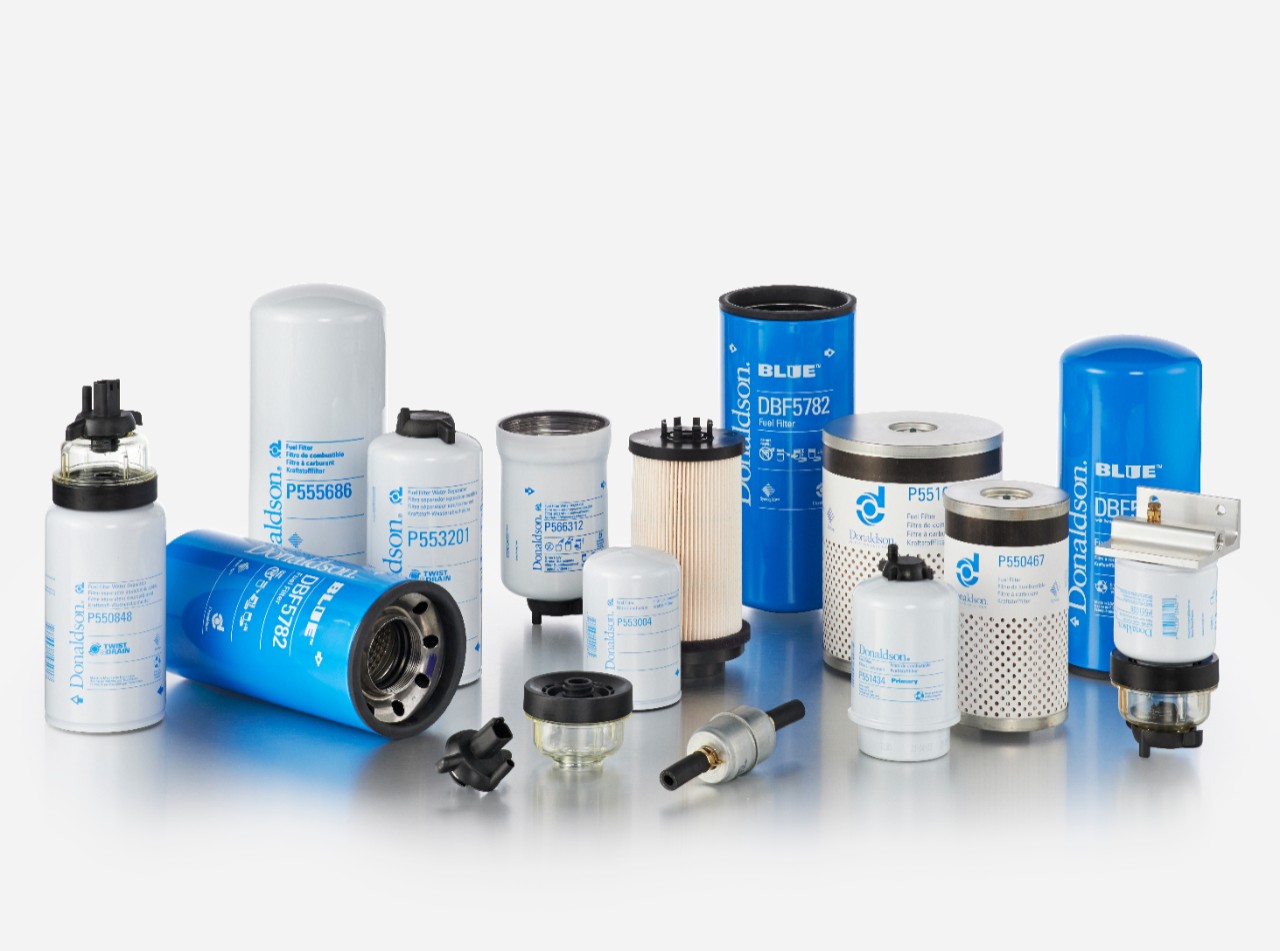
It's easy to forget how important engine filters are, even though they're crucial for keeping engines running smoothly and reliably. An engine filter is great at filtering out dust, dirt, and other foreign particles that could harm the engine. If you don't keep an eye on it, the filter can actually harm the engine's performance. By regularly maintaining the filter, you can keep it clean and ensure the engine operates at its best. Here is a guide on maintaining filters to ensure optimal engine performance!
Why Clean Engine Filters are Important?
Have you ever considered how an engine filter actually works? As the air enters the engine, the filter keeps dust, sand, and other particles out, which helps keep the engine in good shape. Just imagine what could happen if these tiny particles make their way into your engine. They could cause damage to engine components, hinder the ideal combustion process, and reduce engine lifespan. The Environmental Protection Agency (EPA) found that a clogged engine filter can lead to a 10% increase in fuel usage, which is a pretty significant number, especially when the engine is used daily.
It's also important to keep your filter in good shape so you can keep the air flowing and your engine running smoothly. If your filter gets clogged, it can overheat faster, which can damage your engine. So, it's important to regularly check and clean your filter, especially in dusty or open locations like construction sites or mines.
Engine filters can help your engine run more smoothly, use less fuel, and prevent overheating. A new engine filter can help your engine last longer and also help the environment by cutting down on emissions.
Simple Steps to Maintain the Engine Filter
It's important to keep up with the engine filter. Regular inspections, especially in dusty surroundings, can help maintain optimal engine performance. The dust and dirt built up in the filter can block airflow and lower engine efficiency. So, it's a good idea to regularly inspect the filter if the engine is being used in a dusty environment.
To clean the filter, start by gently removing it from the engine. Check for dirt and debris. If it's just a bit dirty, you can use low-pressure air to clean it. Just make sure you're using the right pressure to prevent any damage to the filter layer. For dirt that's tough to reach, use a gentle brush.
If the filter is really dirty or has changed color, you need to swap it out for a new one. A clogged filter will make the engine work harder and could potentially harm other parts. Follow the manufacturer's guidelines and change the filter every 10,000 to 15,000 kilometers for vehicles. Depending on how they're used, industrial machines may need to be replaced more often.
Keeping the filter in good shape with regular maintenance helps keep your engine running at its best and makes it last longer.
Tips for Choosing the Right Filter for Your Engine
It's really important to choose the right filter if you want your engine to perform at its best. All engines, whether they're in small cars or big industrial machinery, need specific filters. Using the wrong filter is like running the engine without protection. This can lead to particles getting into crucial engine parts, which can cause serious damage and expensive maintenance.
As a certified distributor of Donaldson Company, PT Vando Teknik Solusi offers a range of top-notch filters for different industries. Our products have proven themselves time and again, even in challenging working environments. Check out our product called Industrial Filtration Systems to learn more about maintaining industrial filters and explore product suggestions that are compatible with your machinery.
Get a good filter to help your engine last longer and use less fuel! Cheap filters don't protect your engine and could even cause more damage over time.
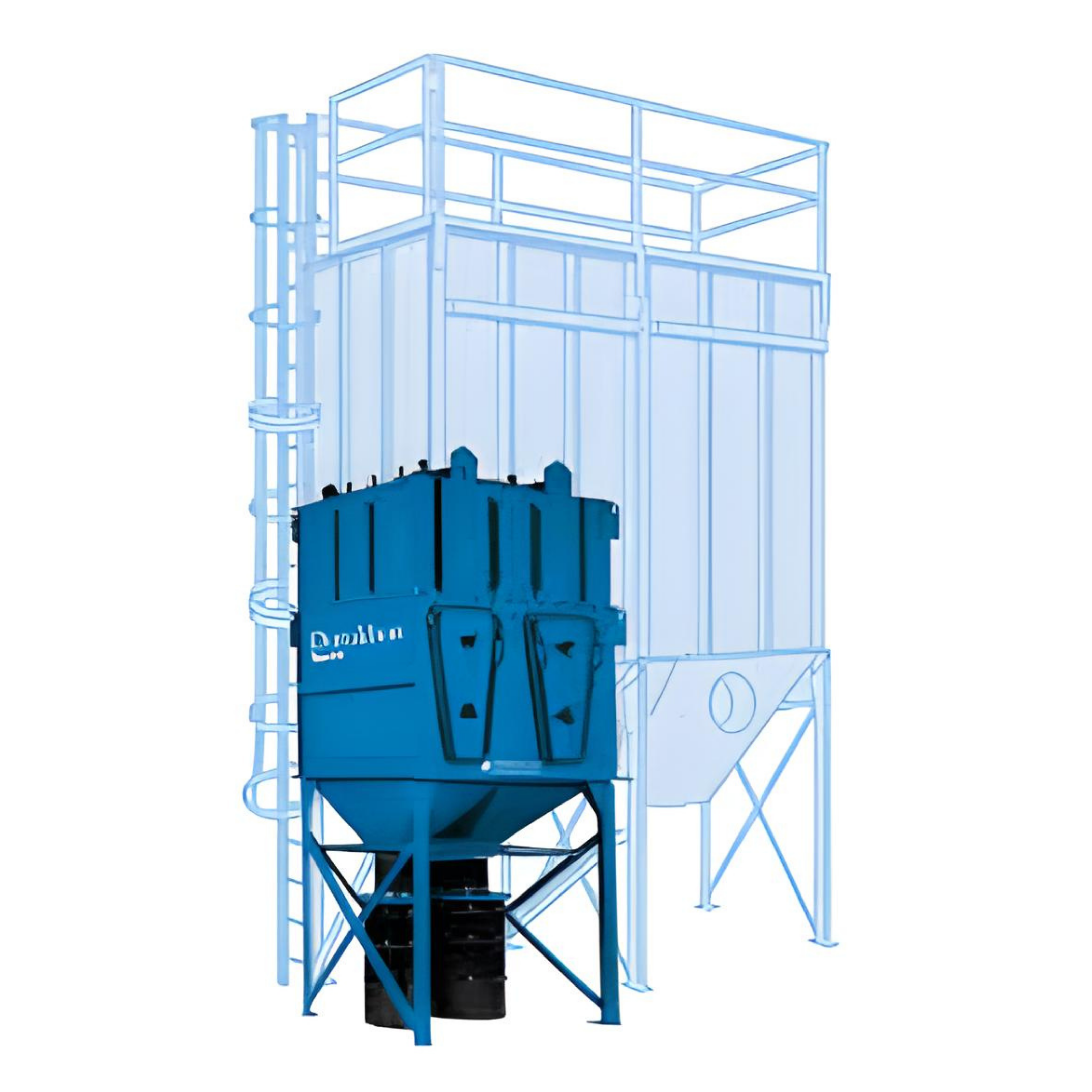
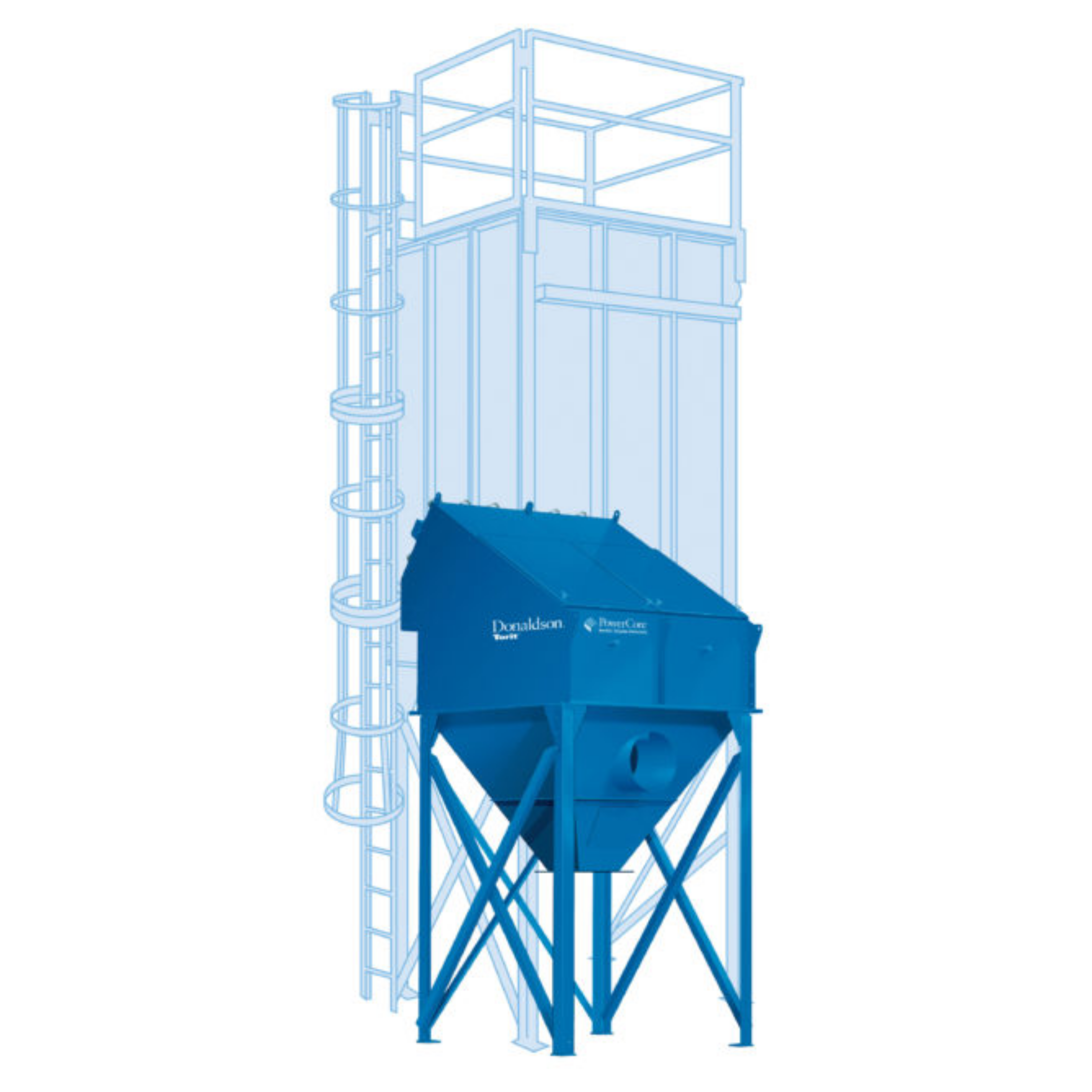
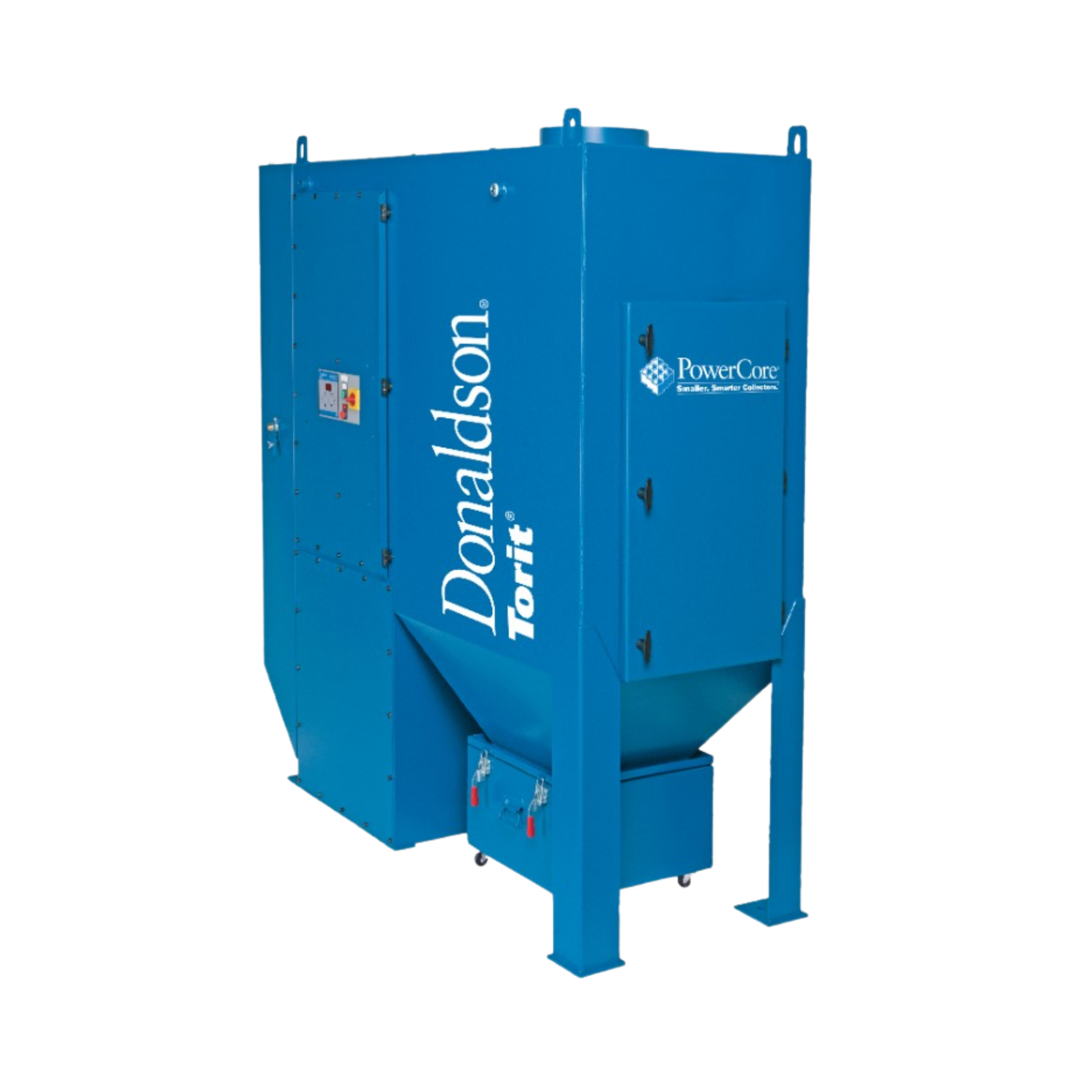
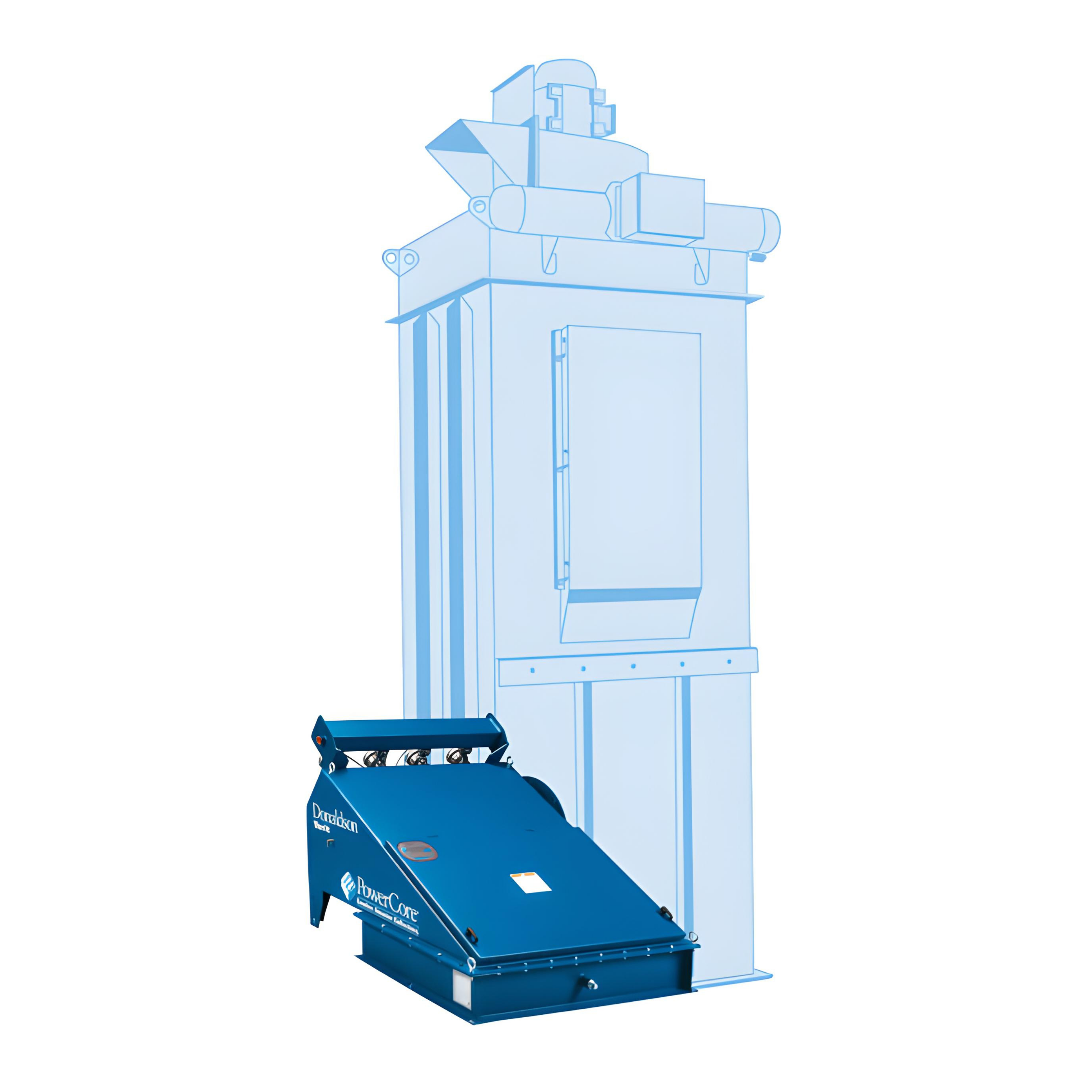
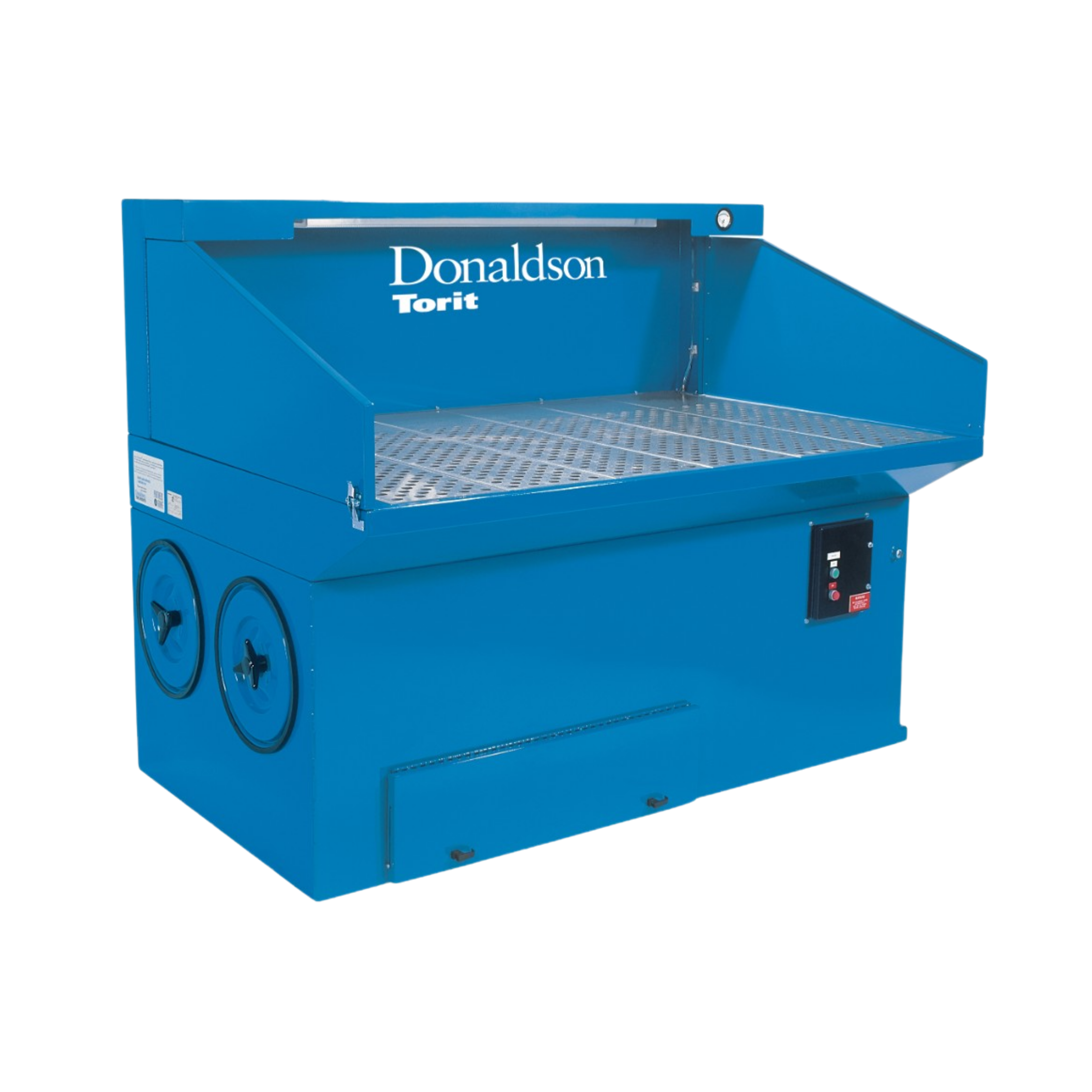
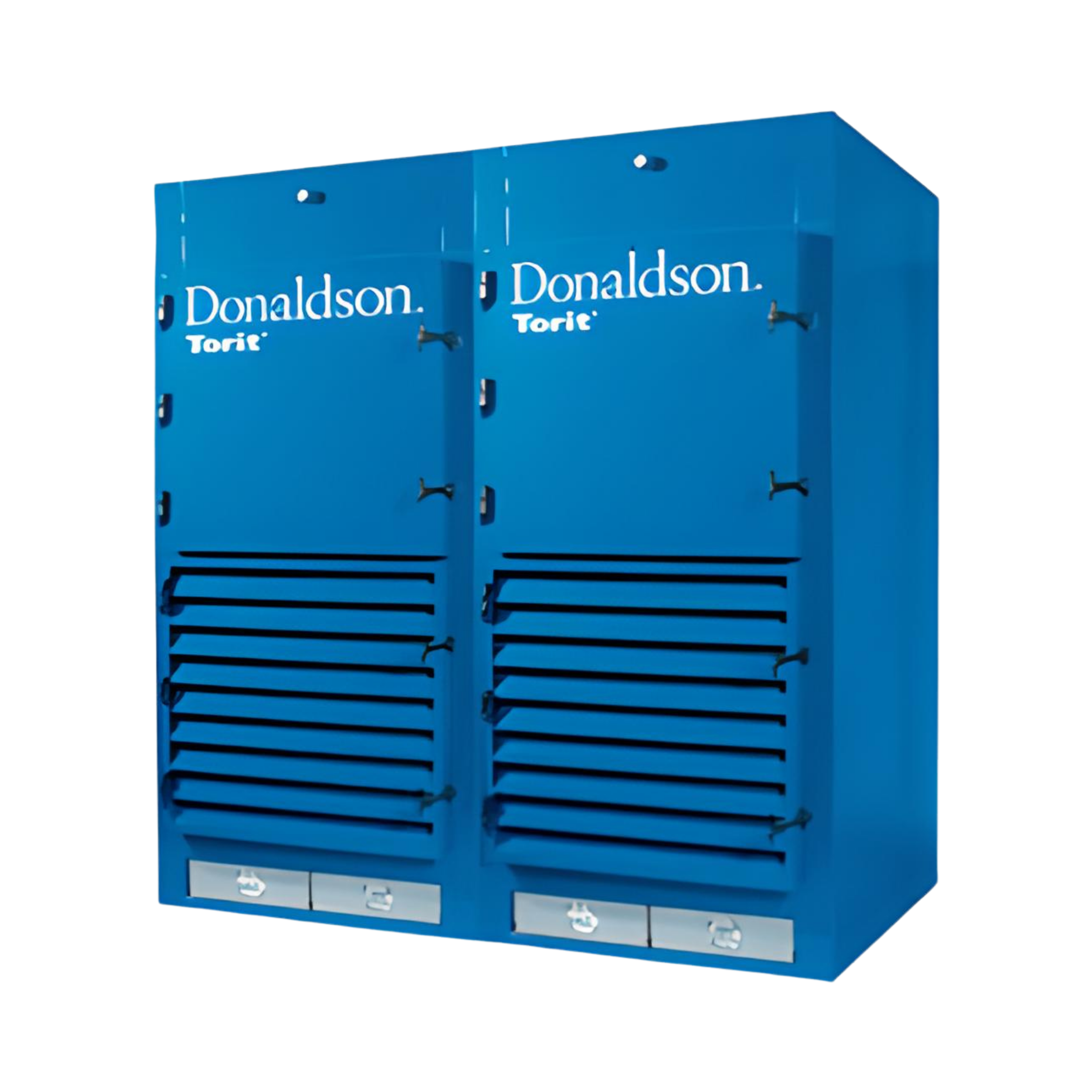
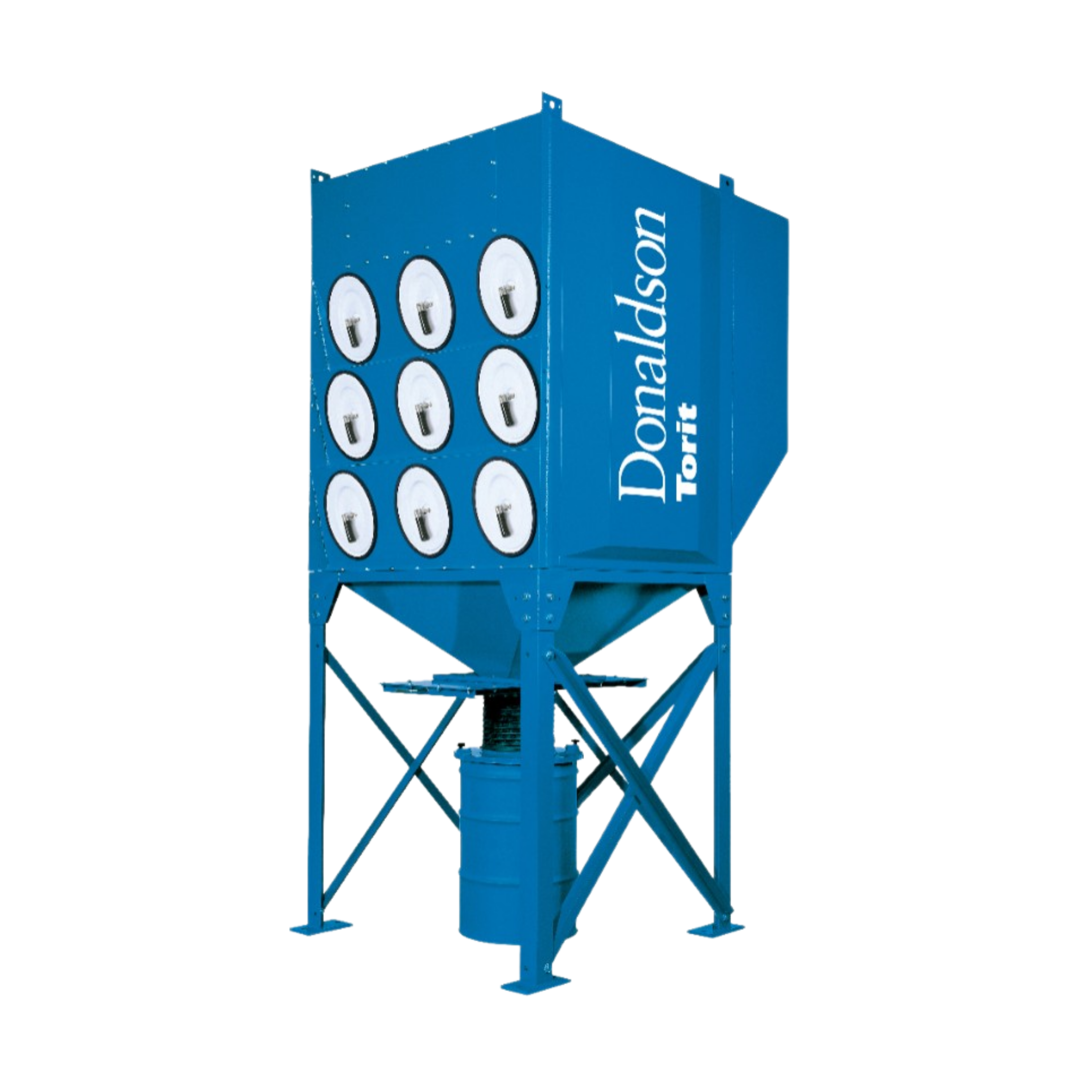
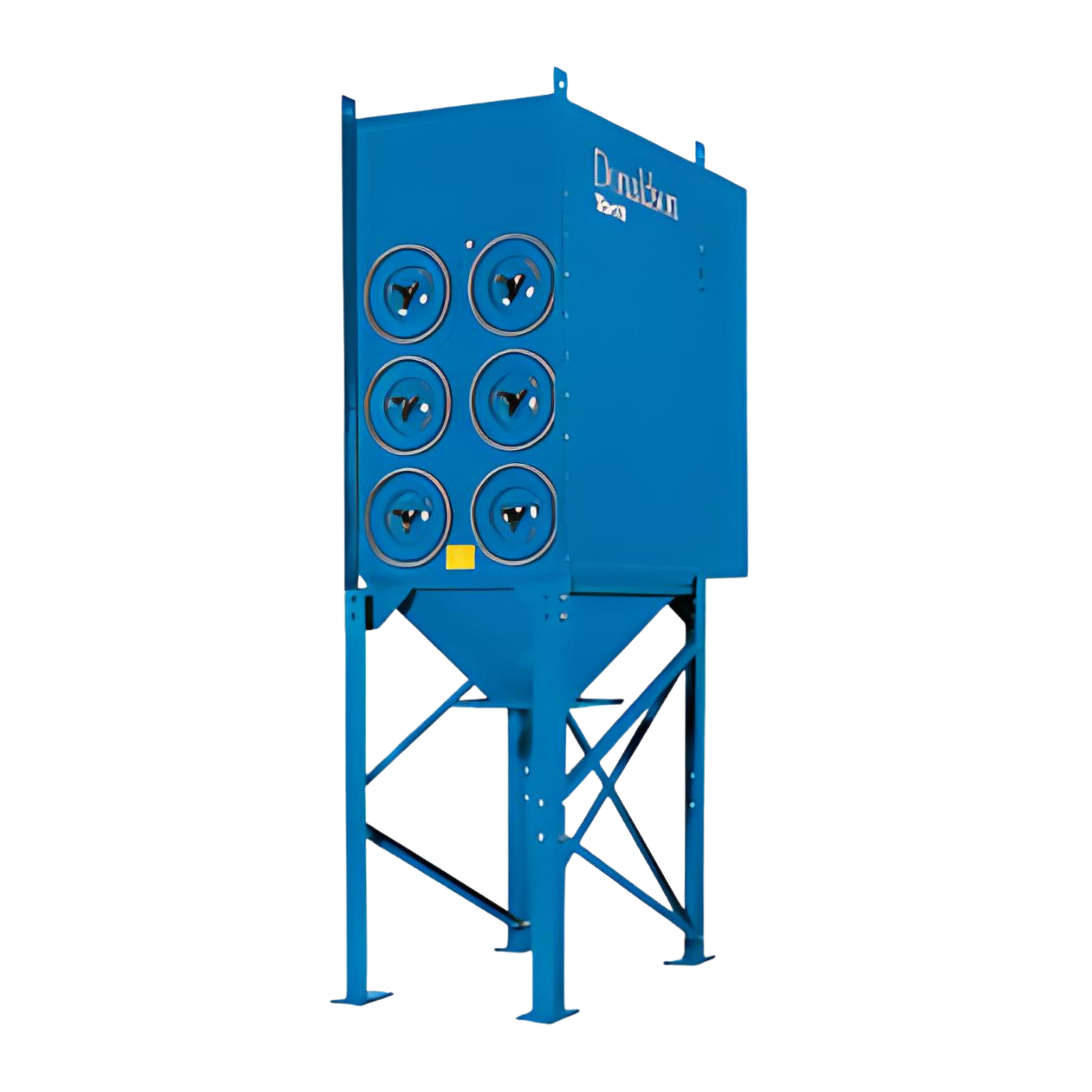
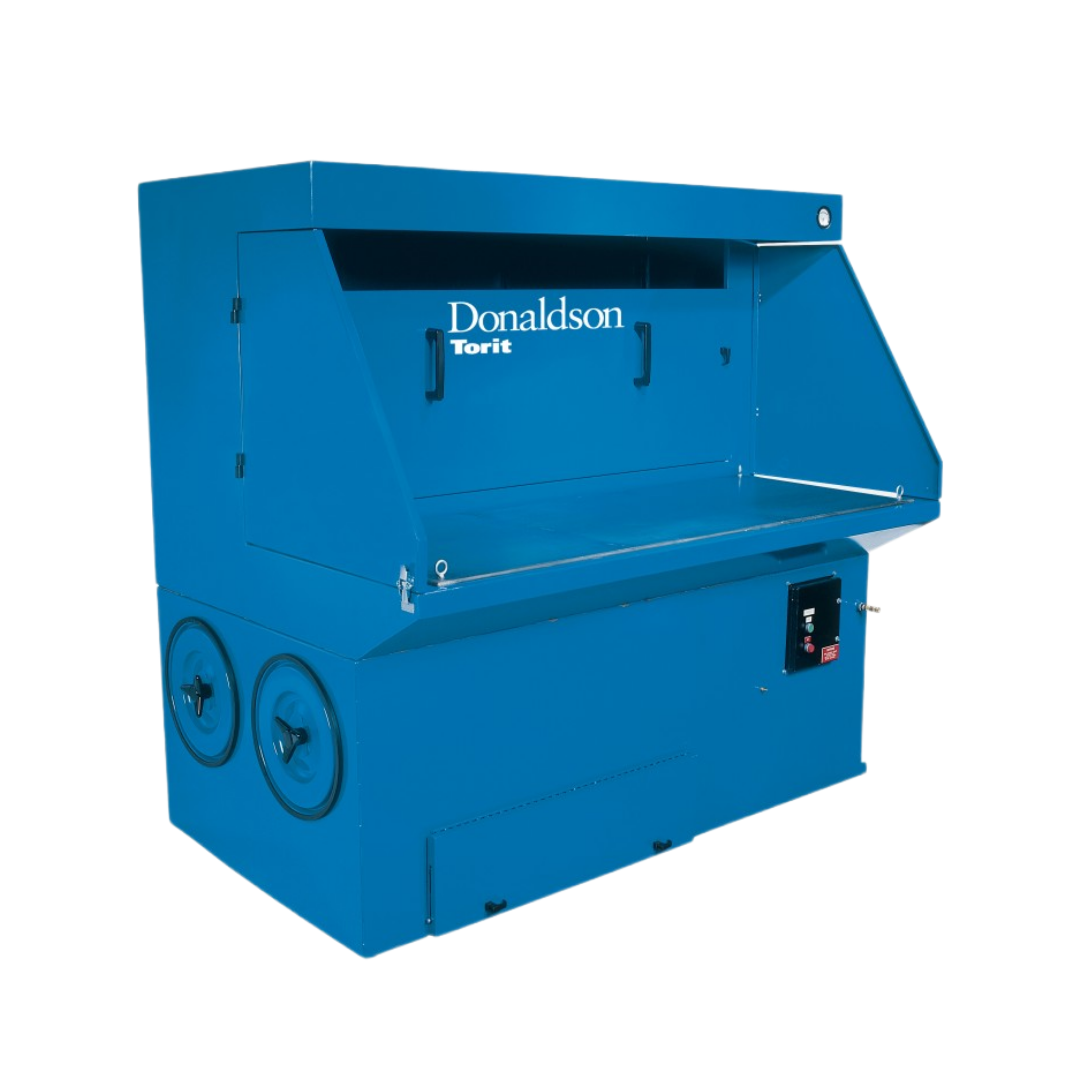
.png)
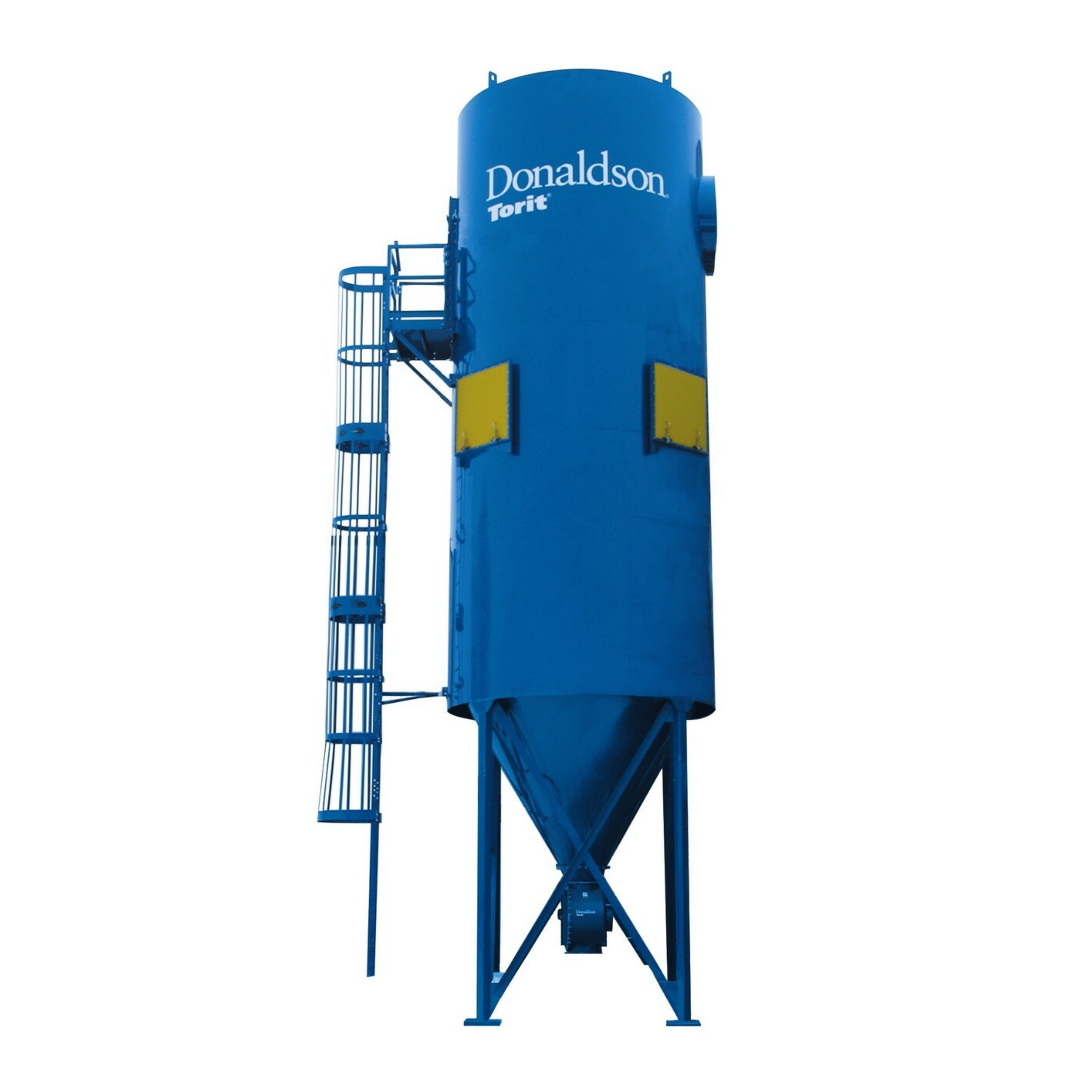
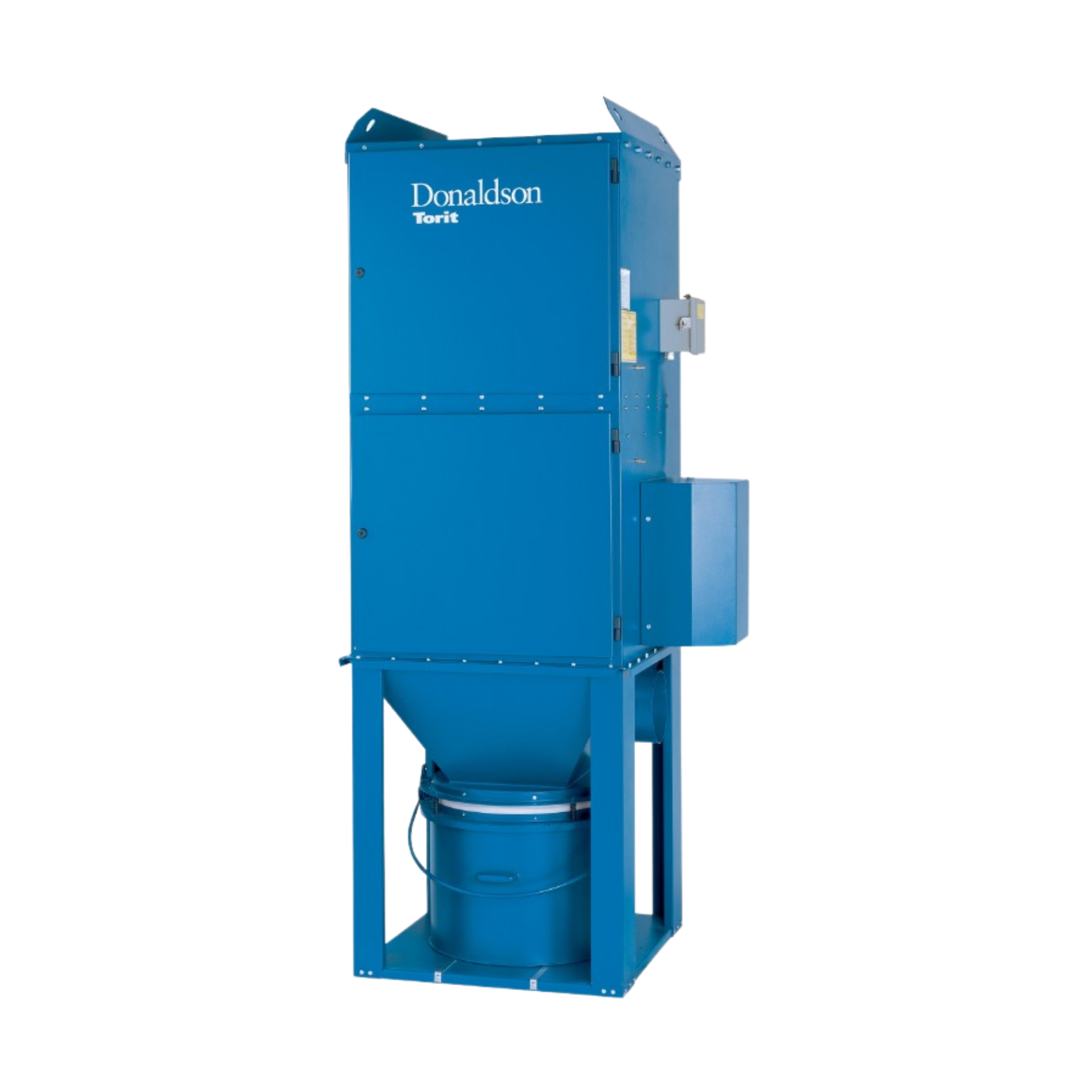
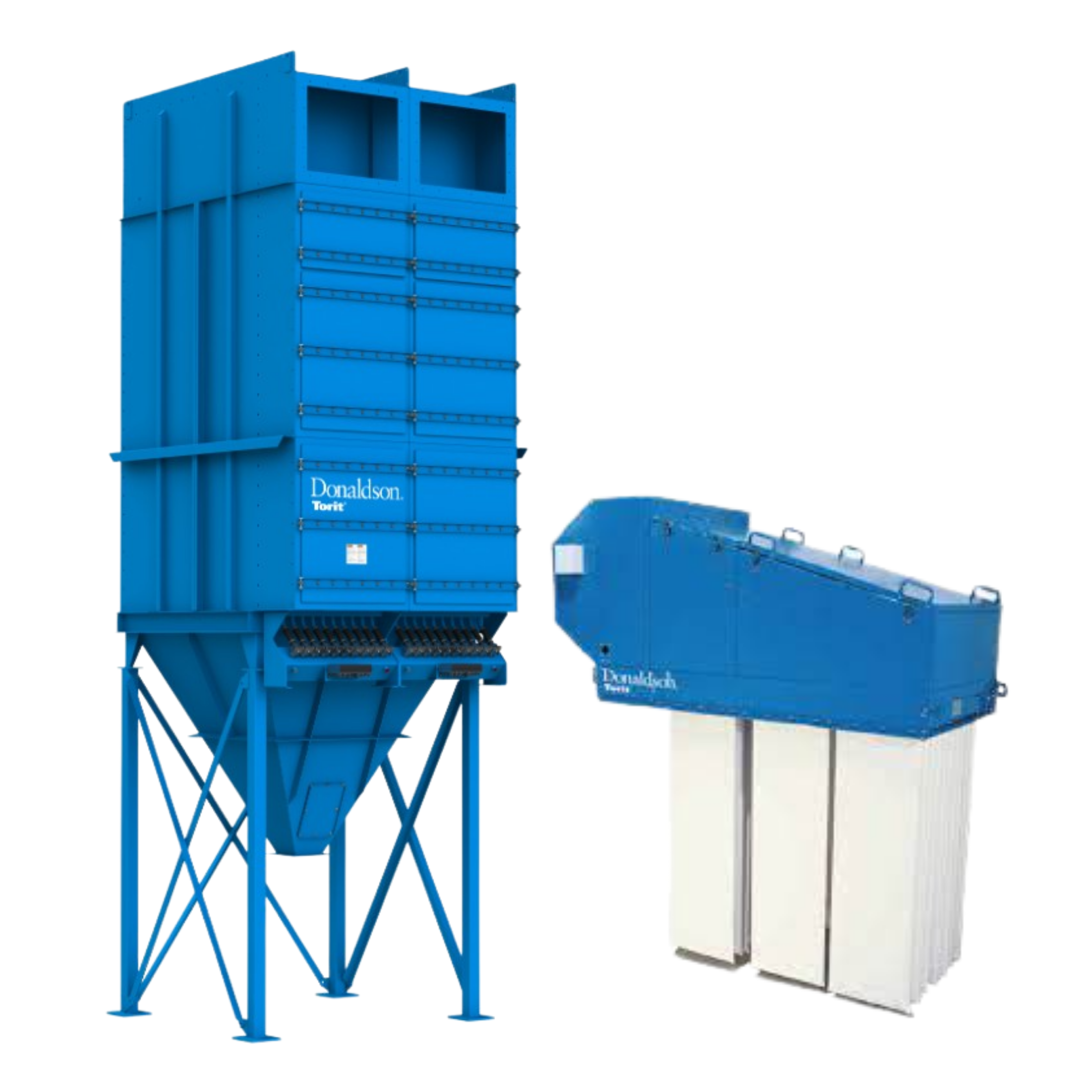
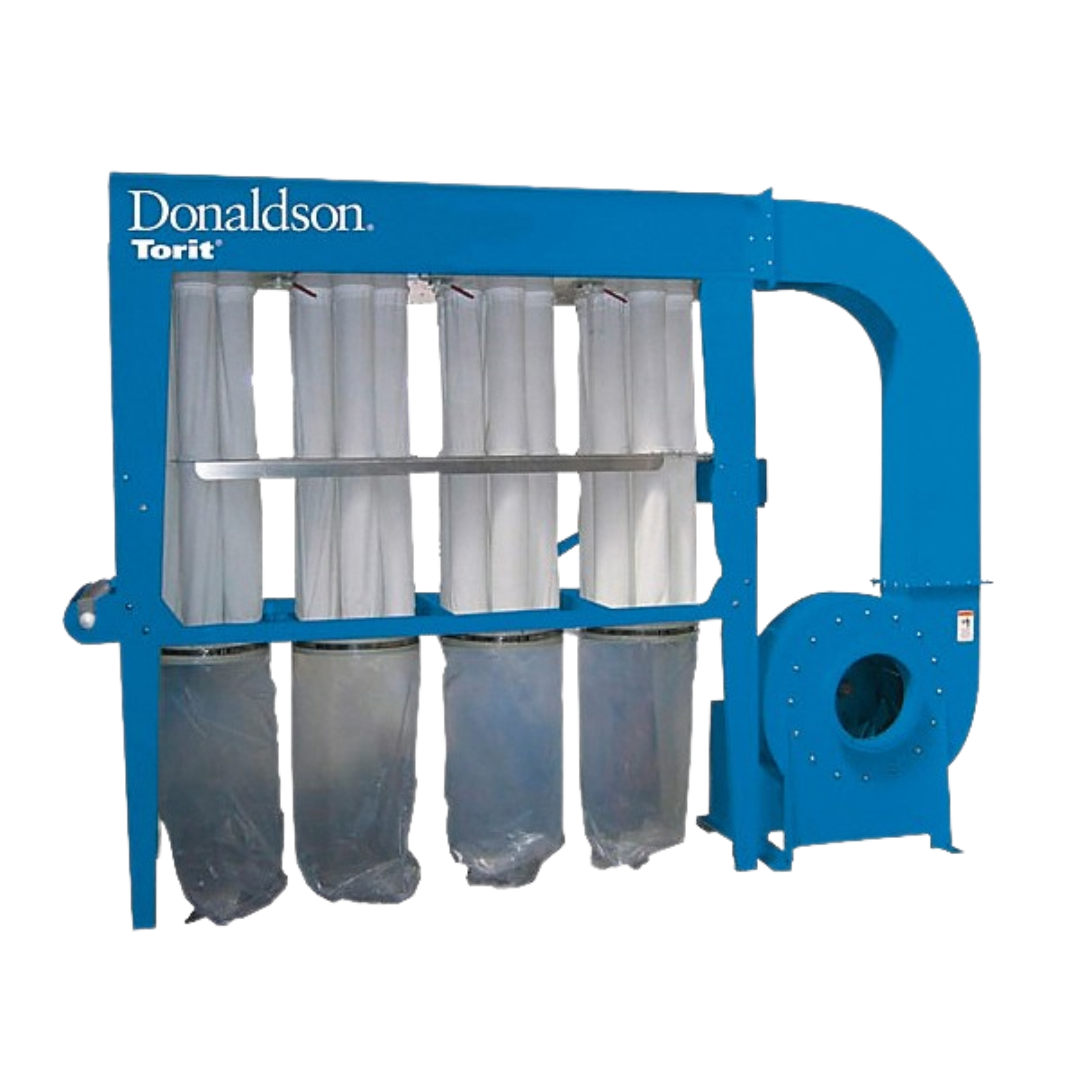
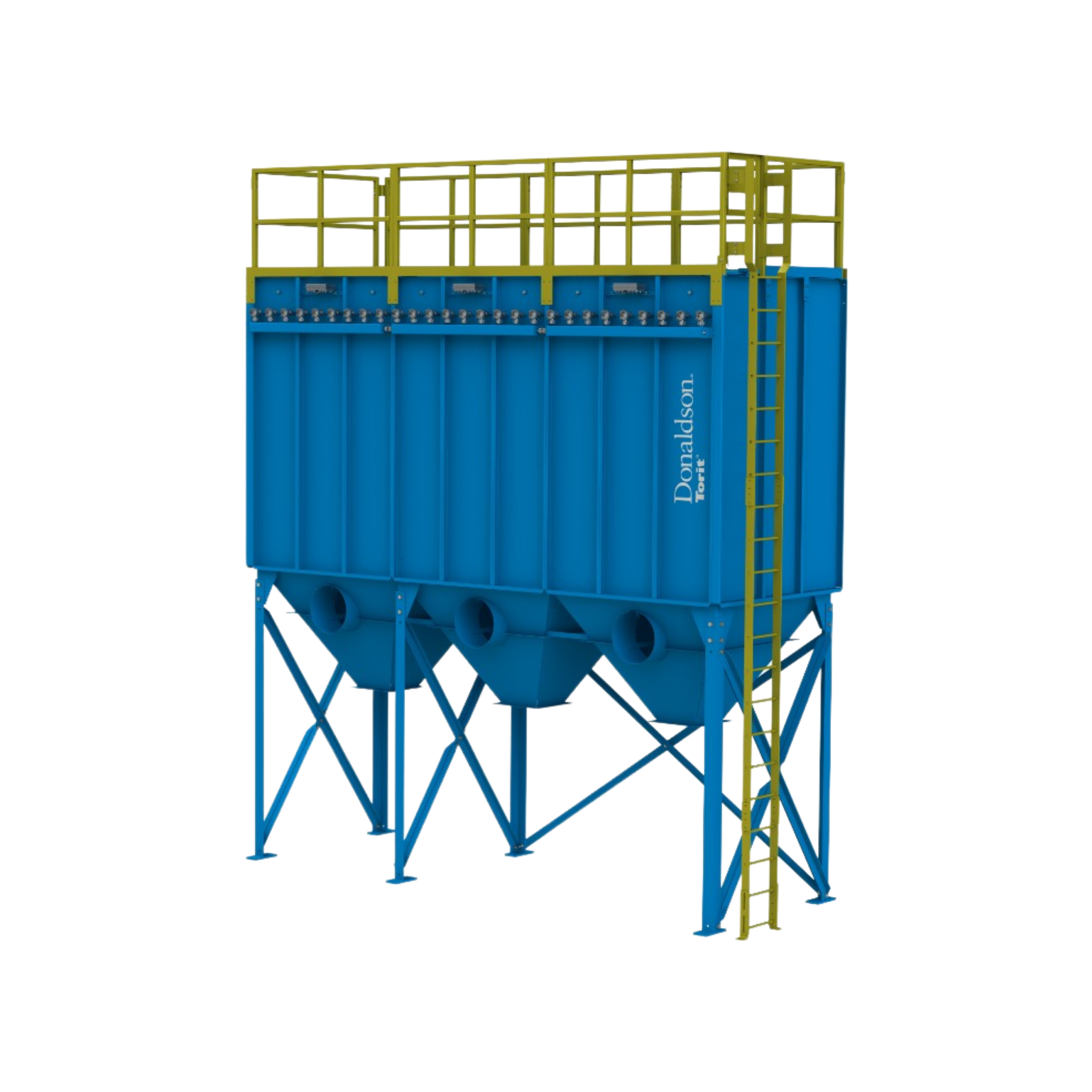
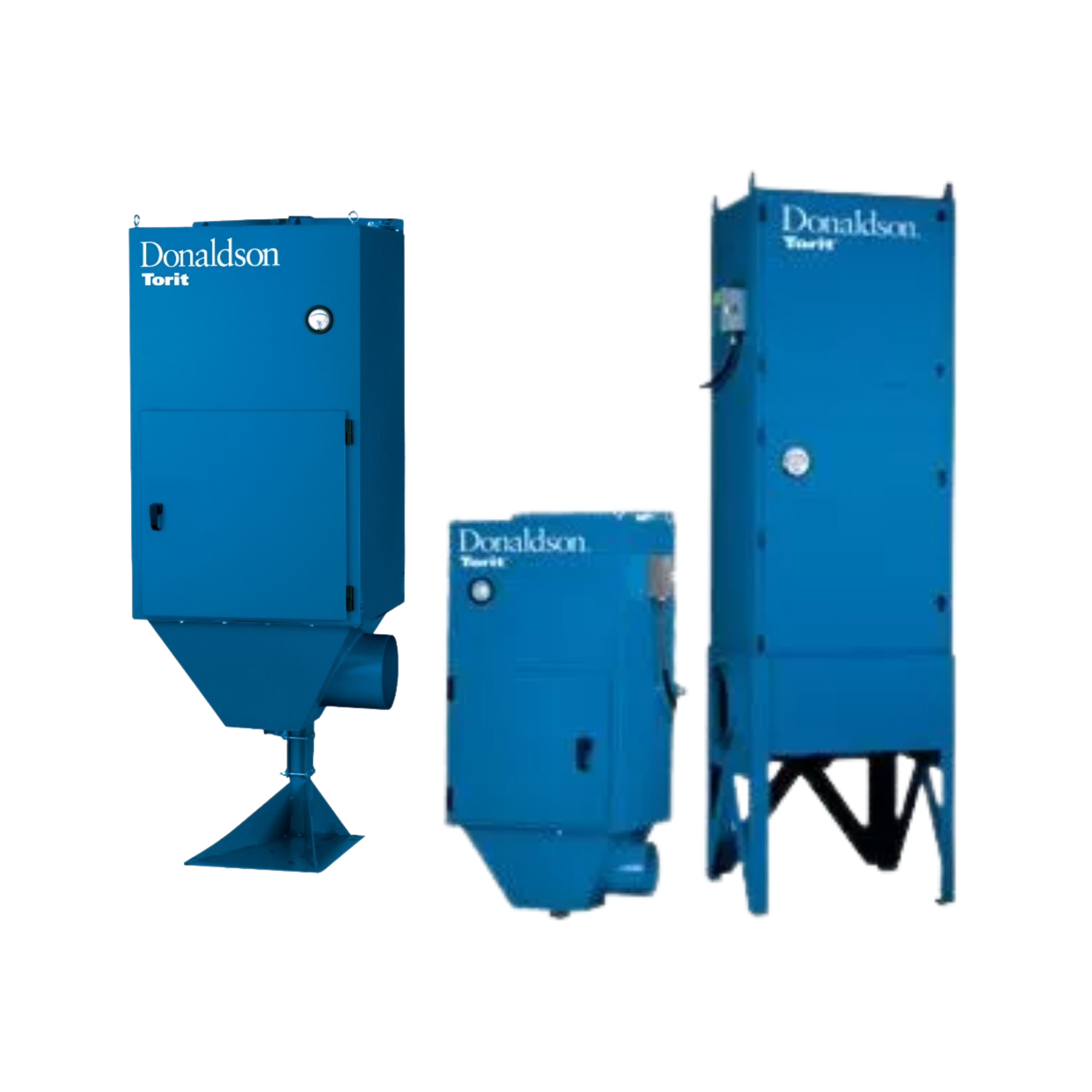
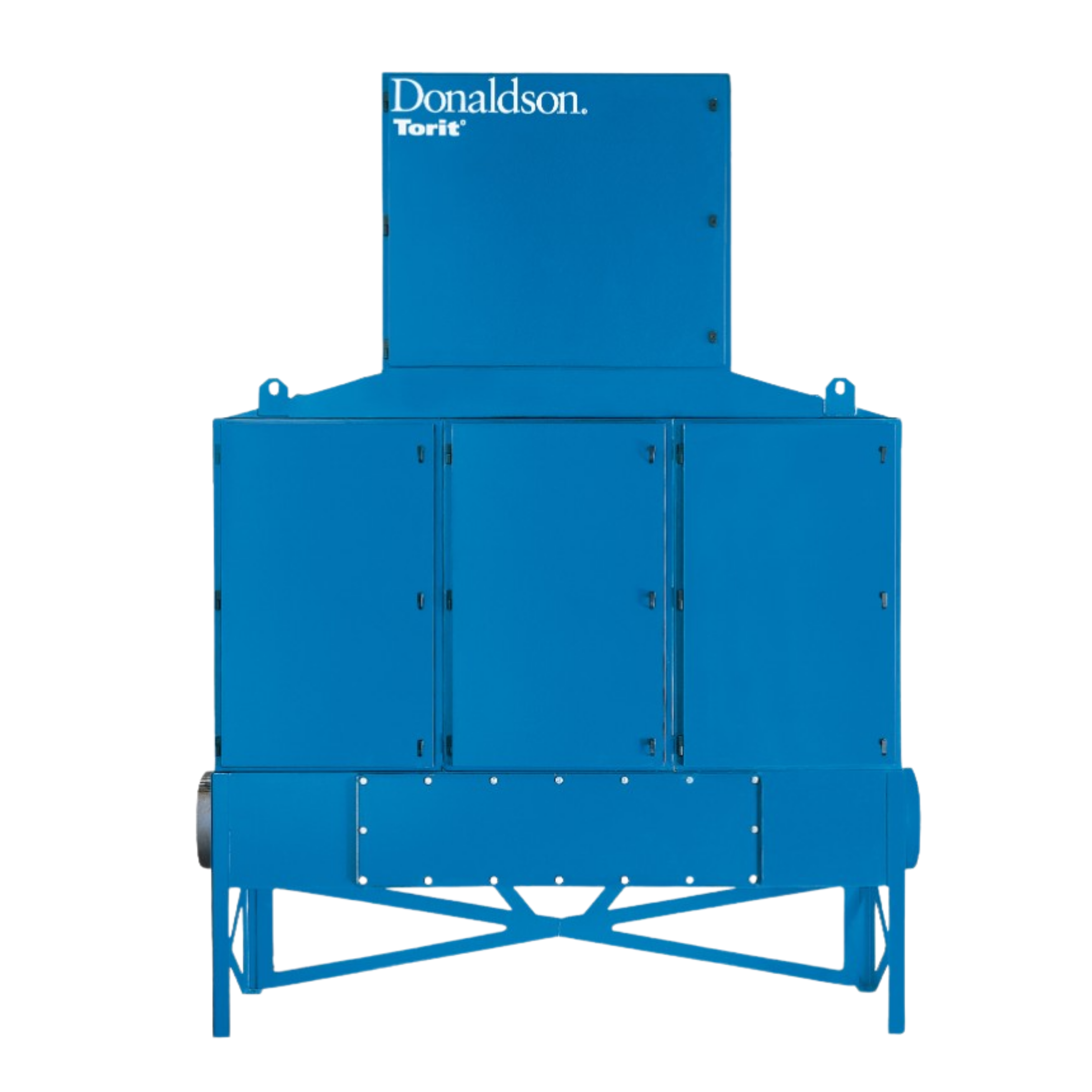
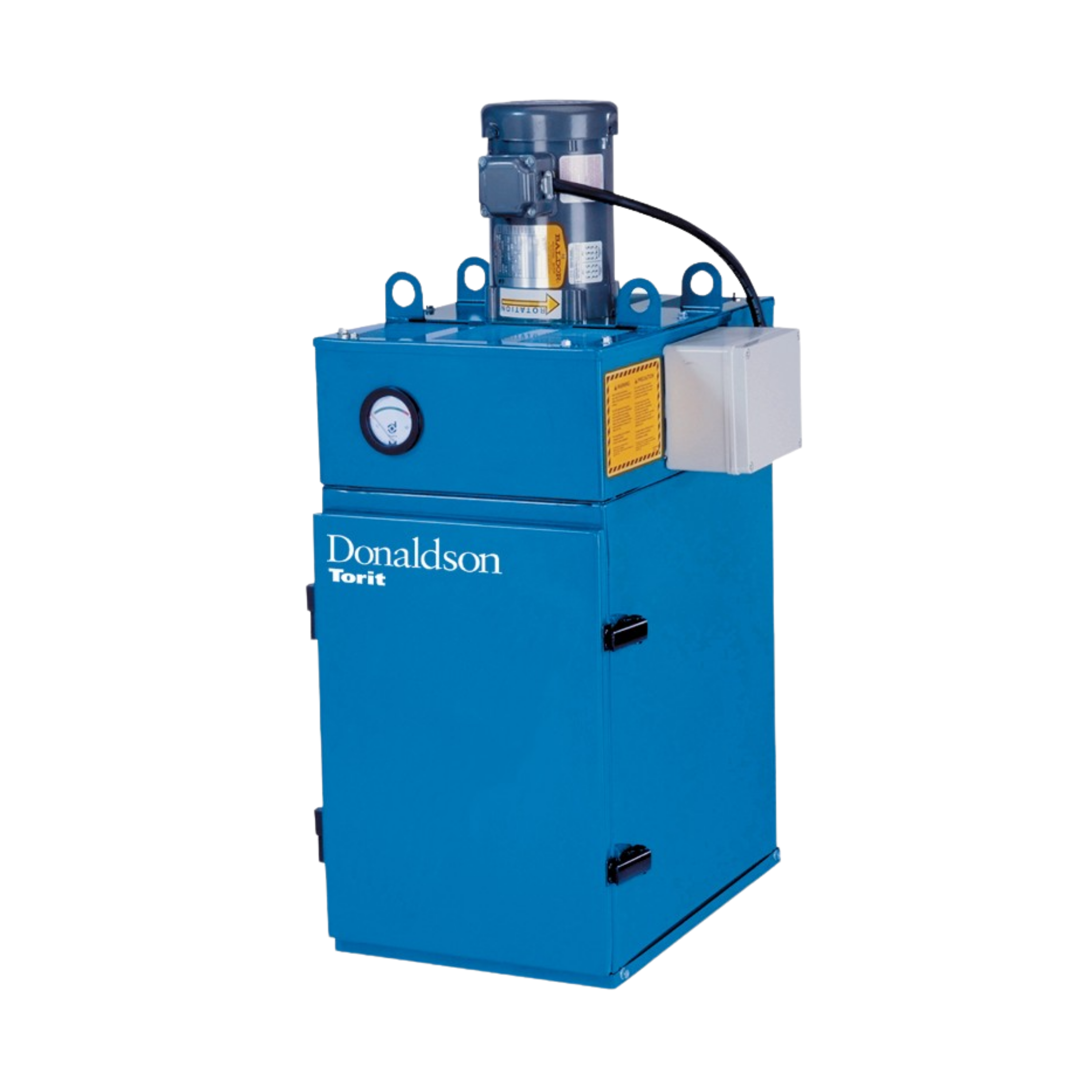
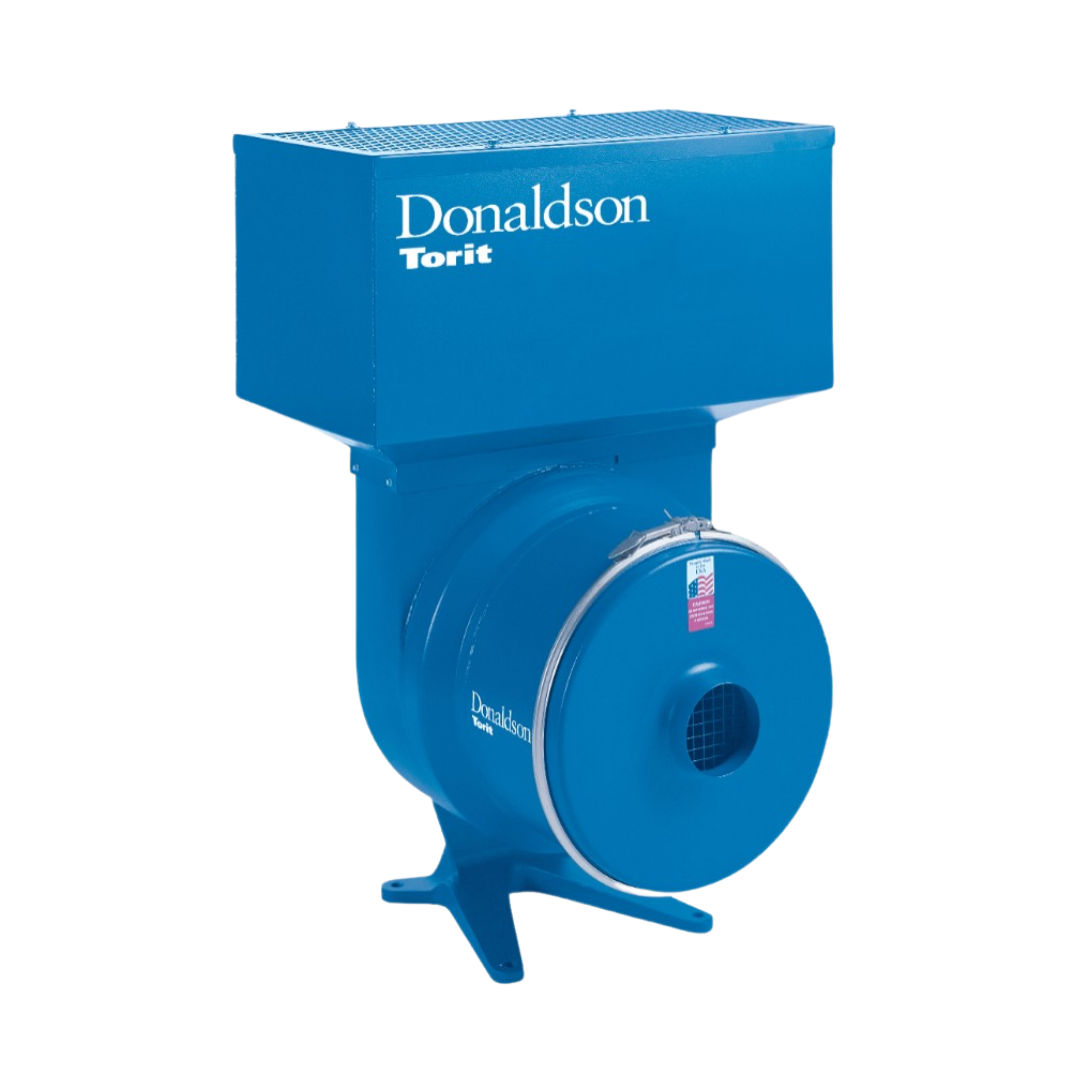
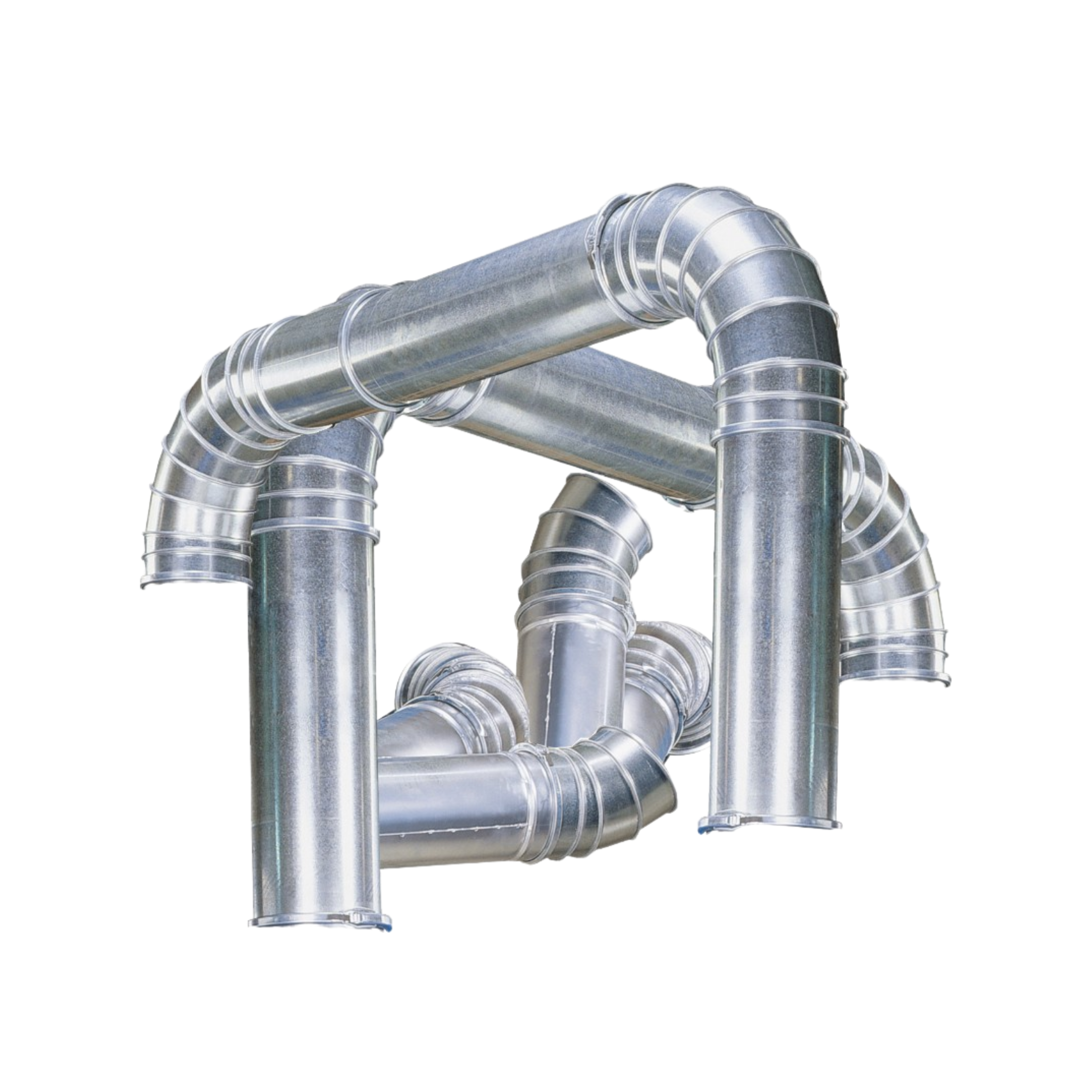
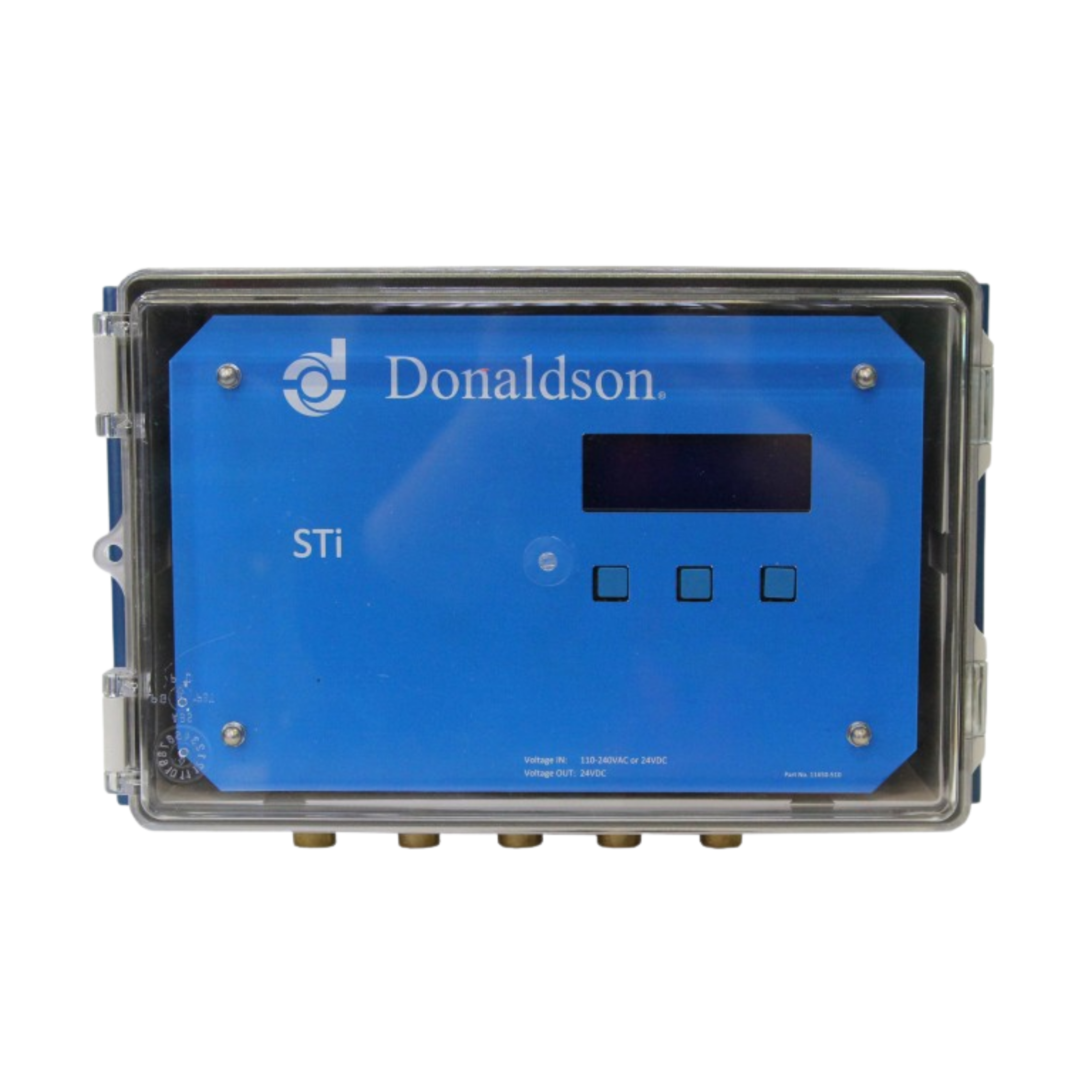
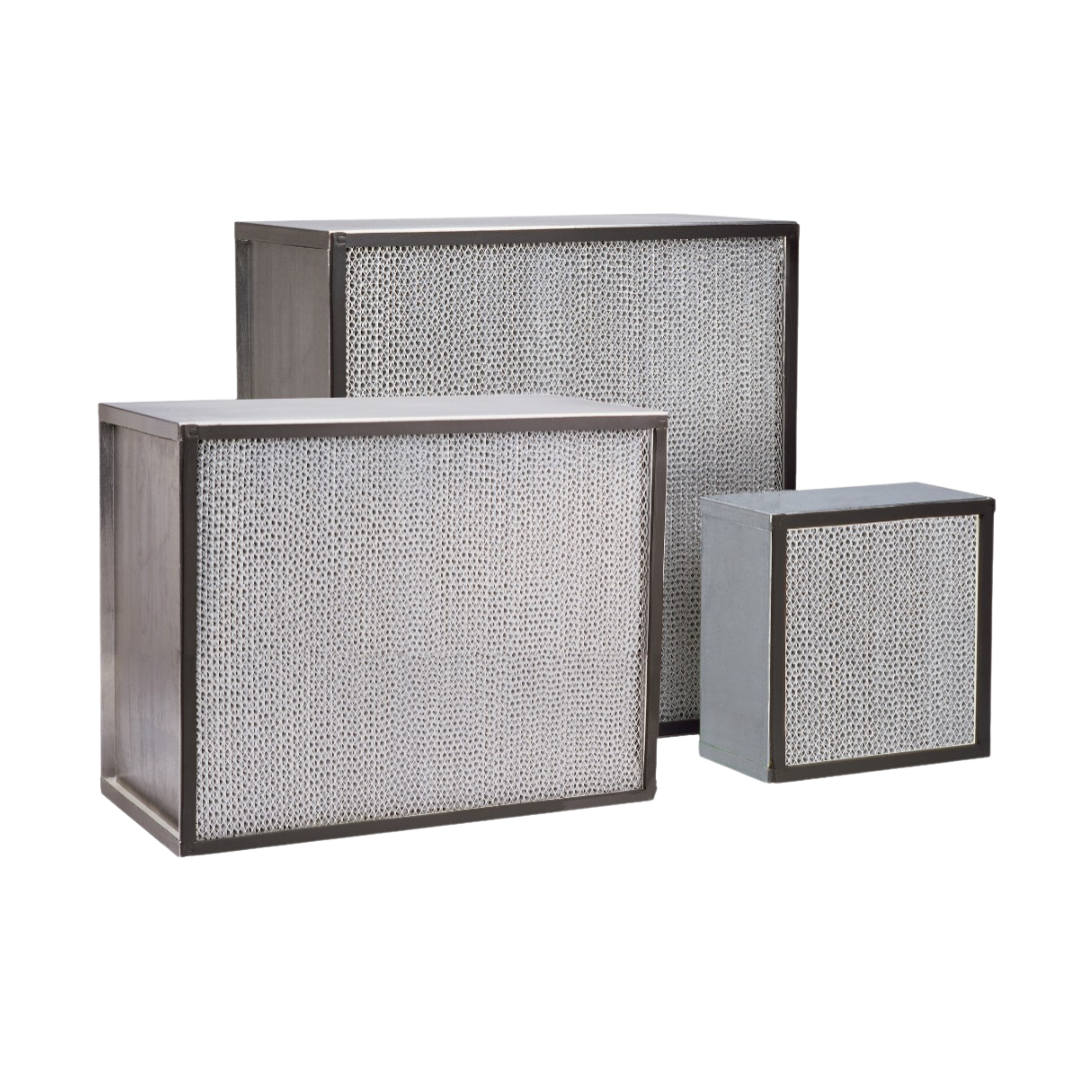
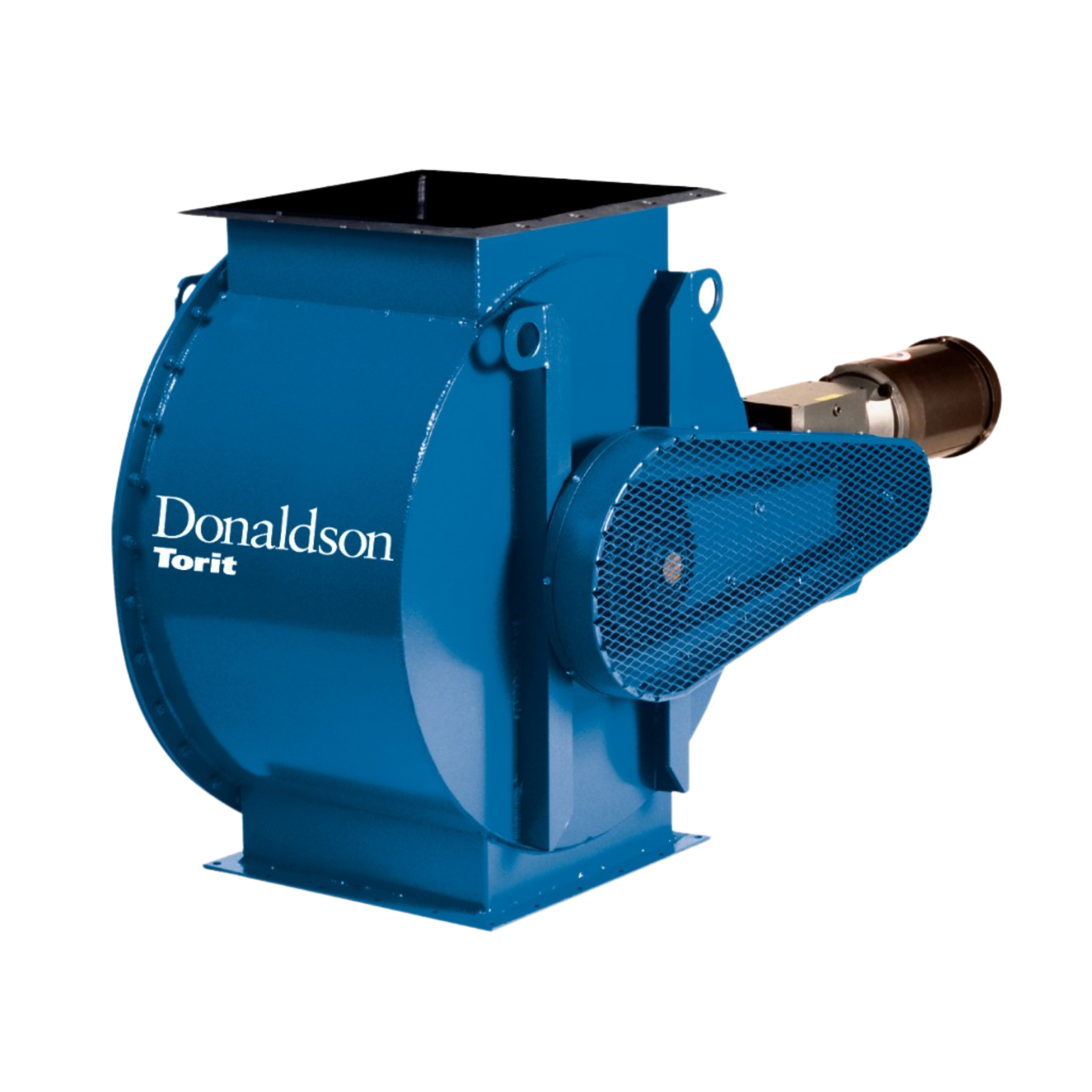
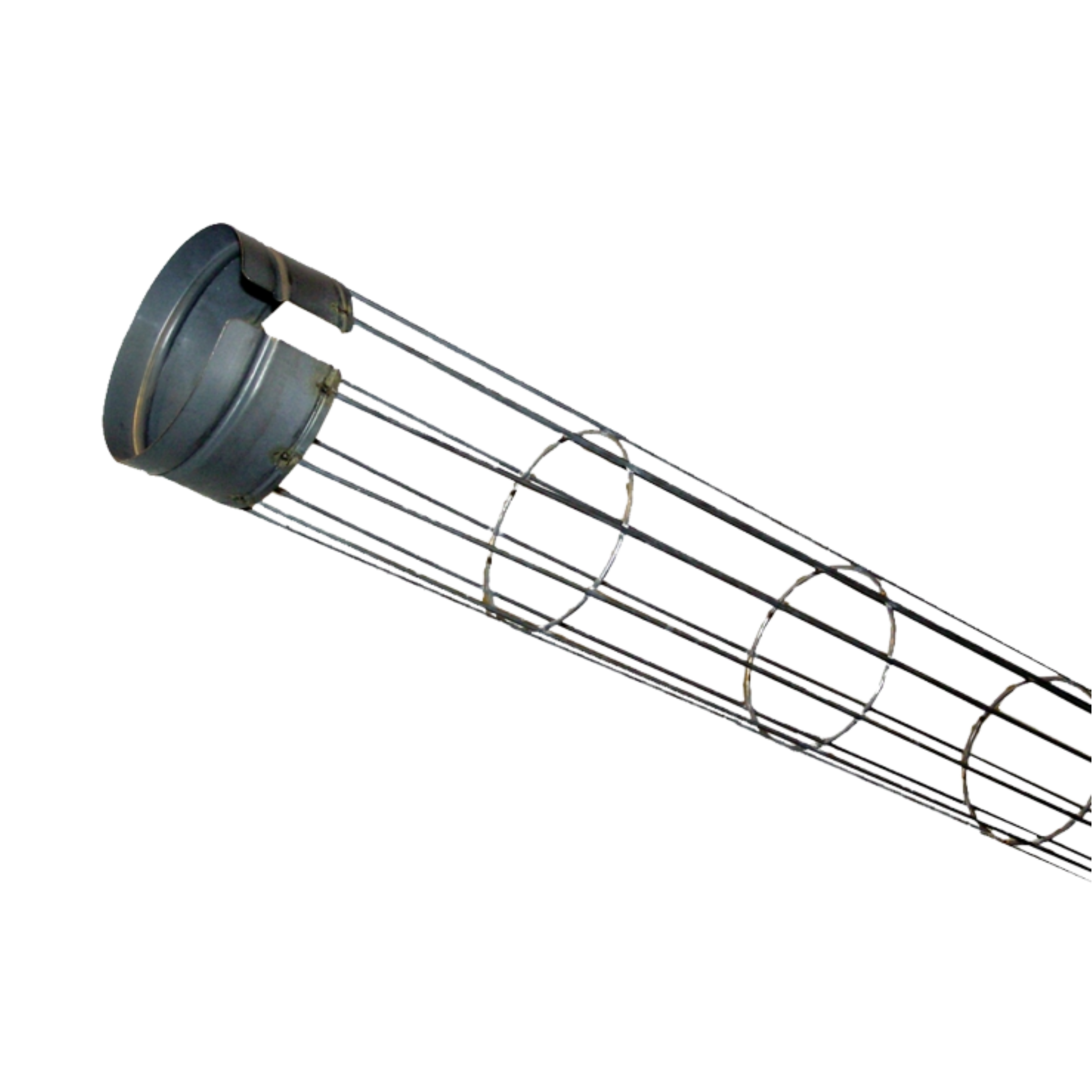
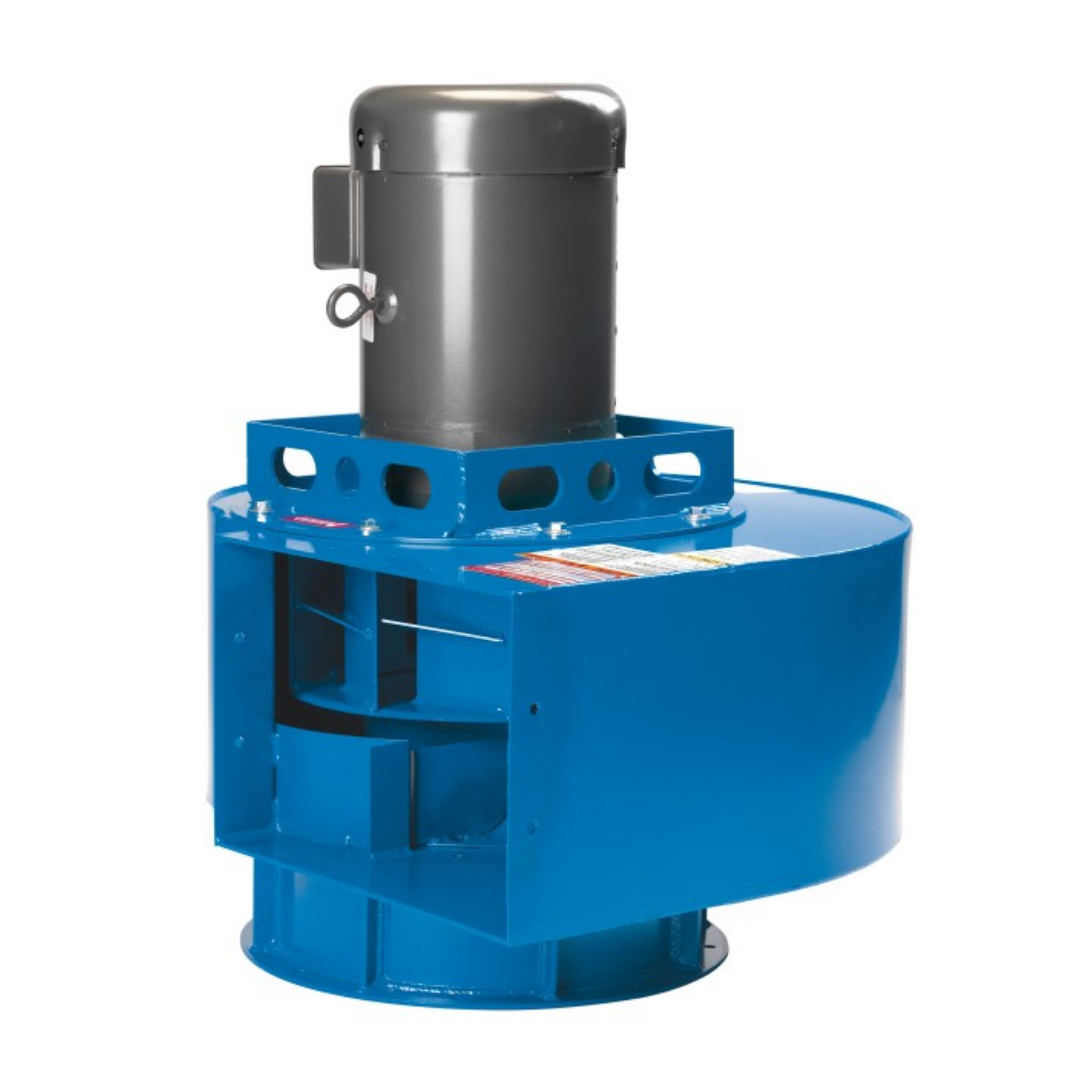
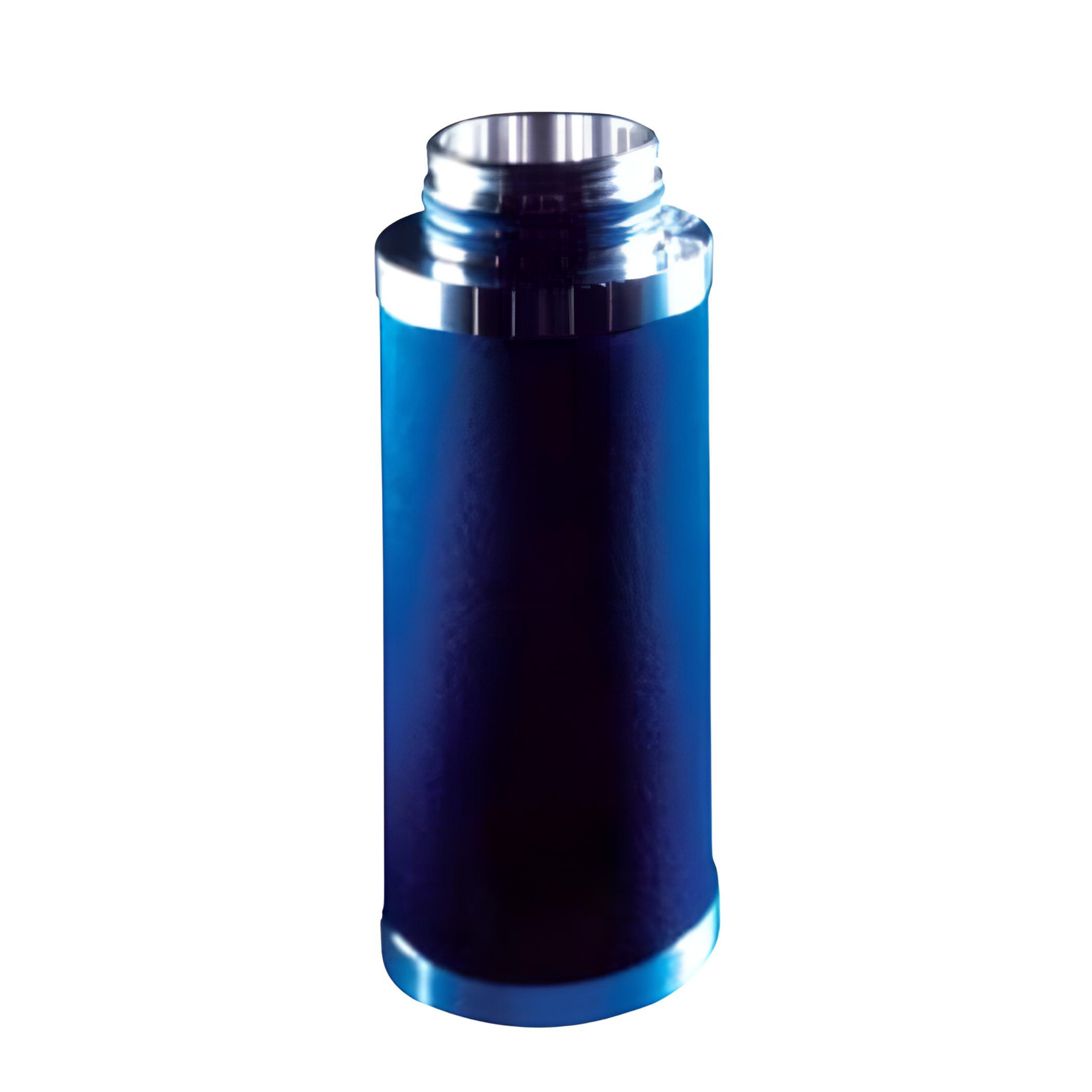
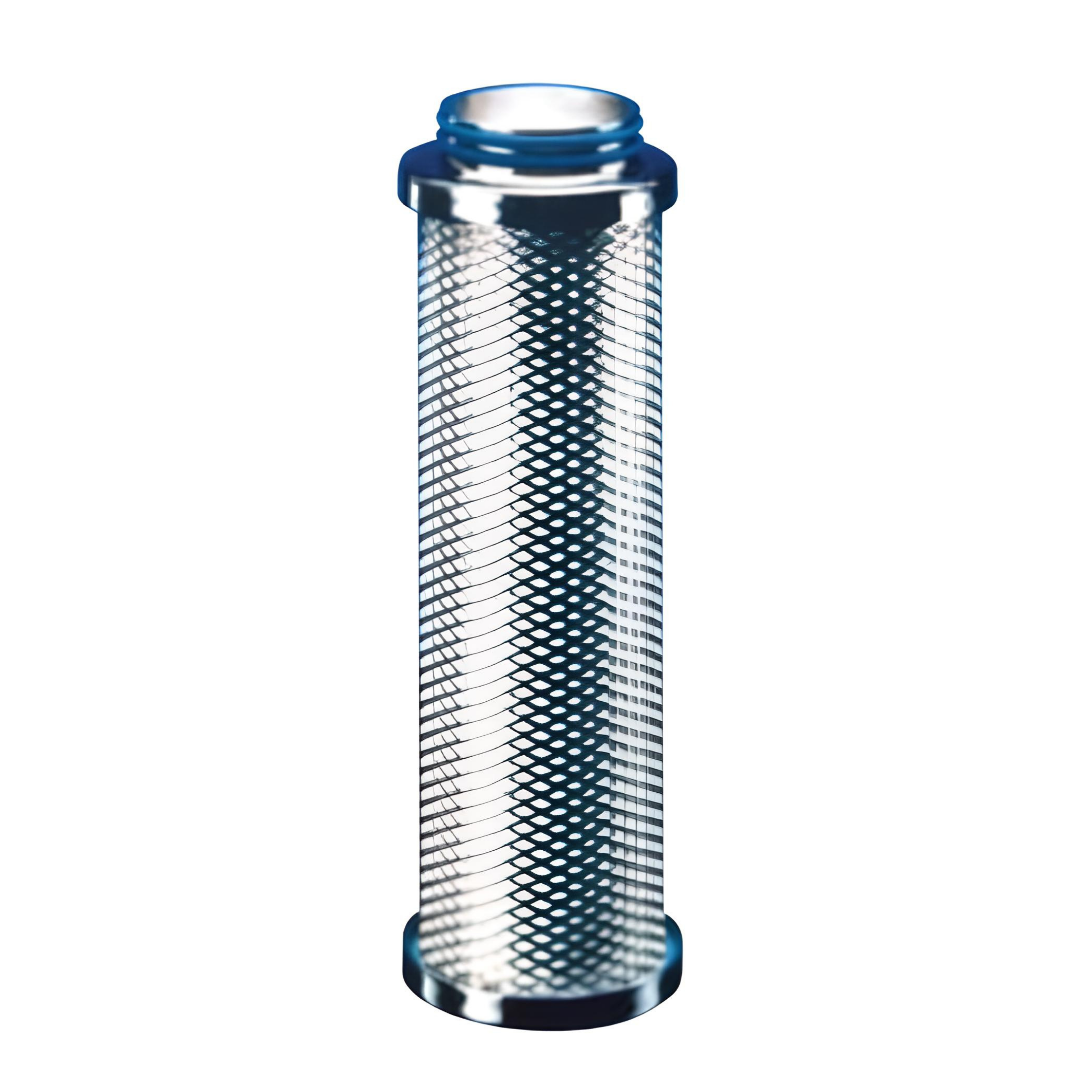
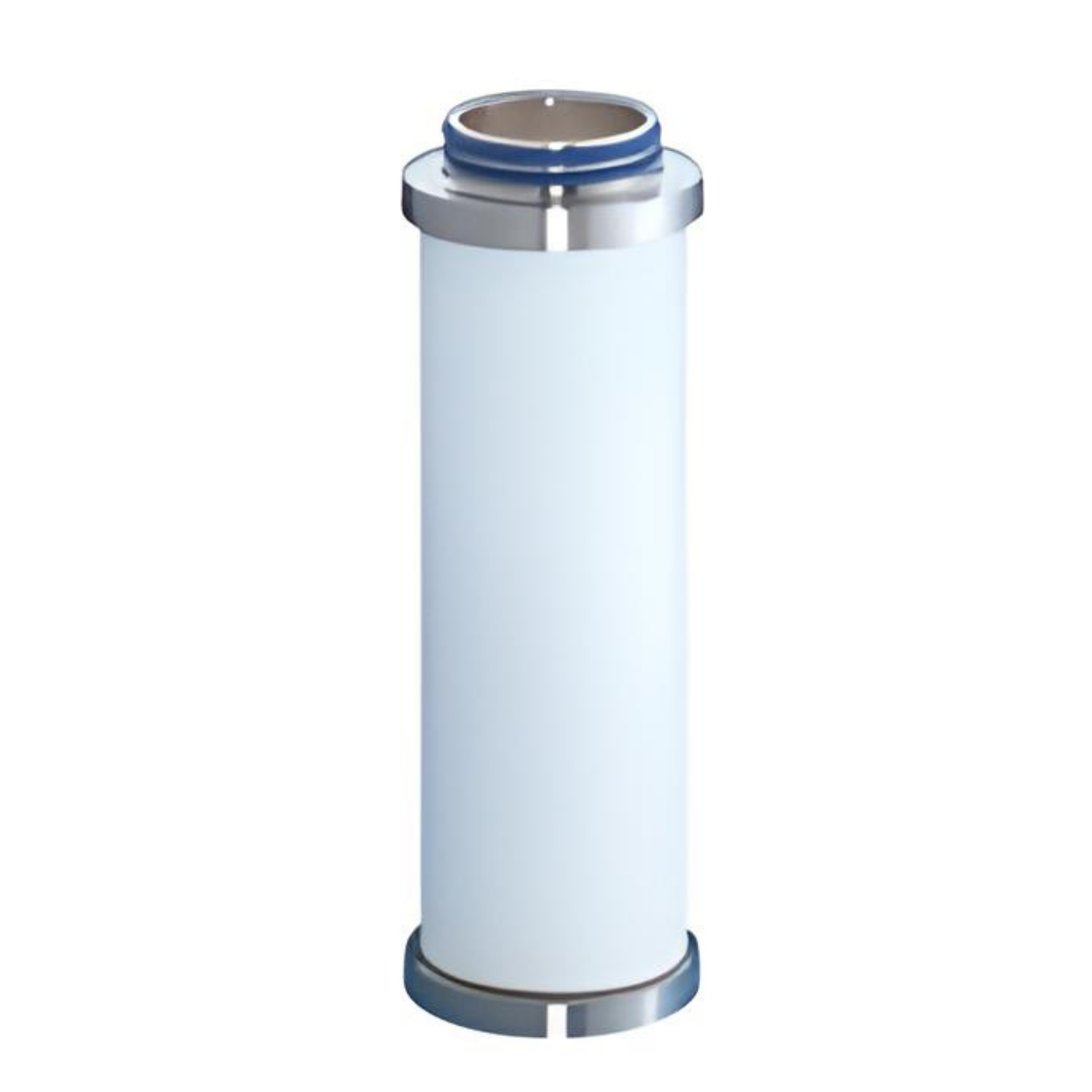
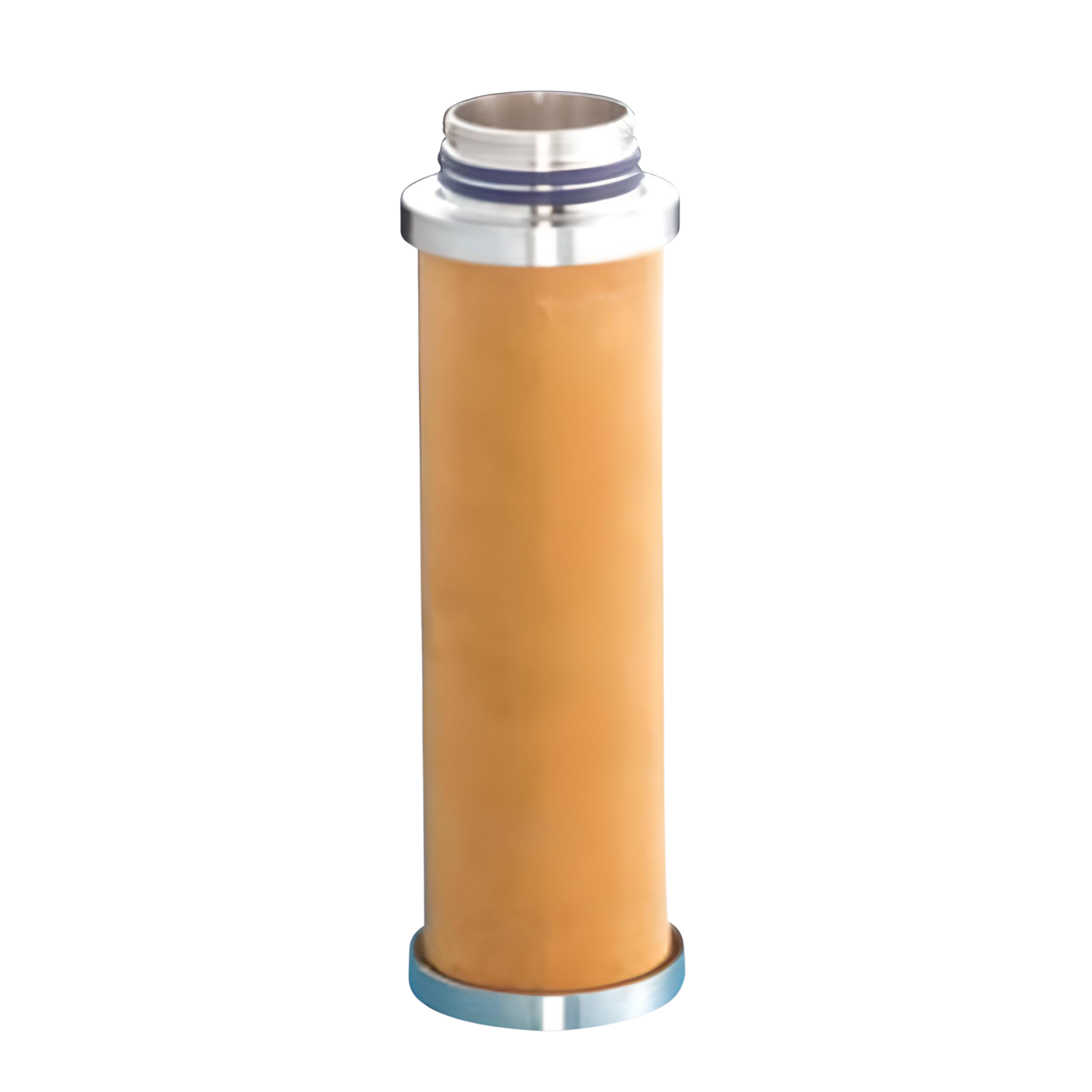
.png)
.png)
.png)
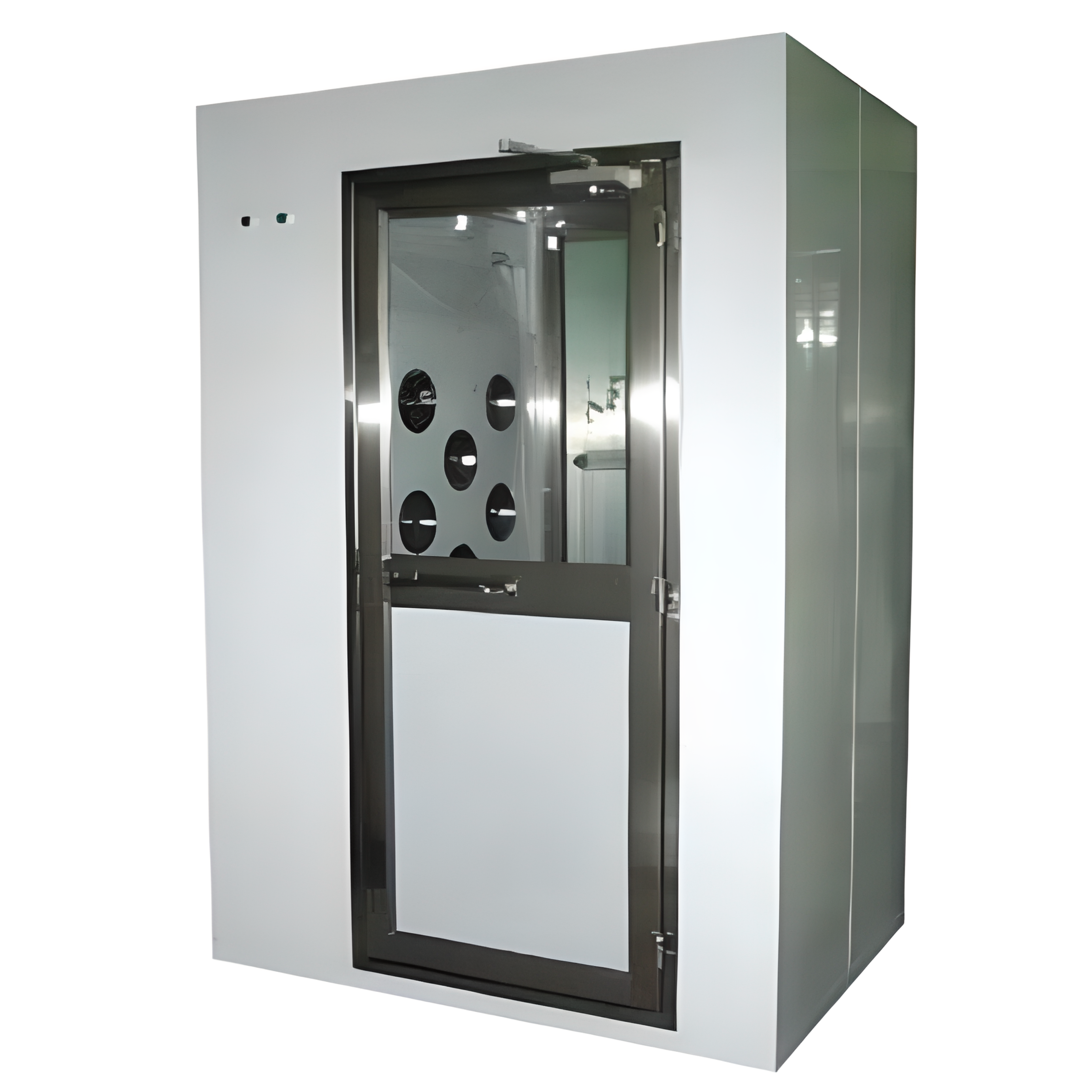
.png)
.png)